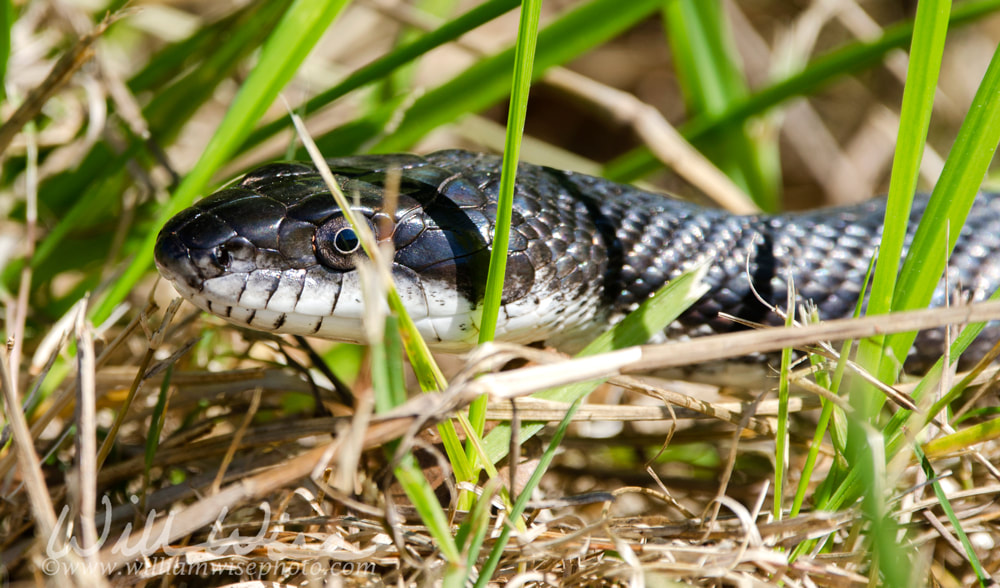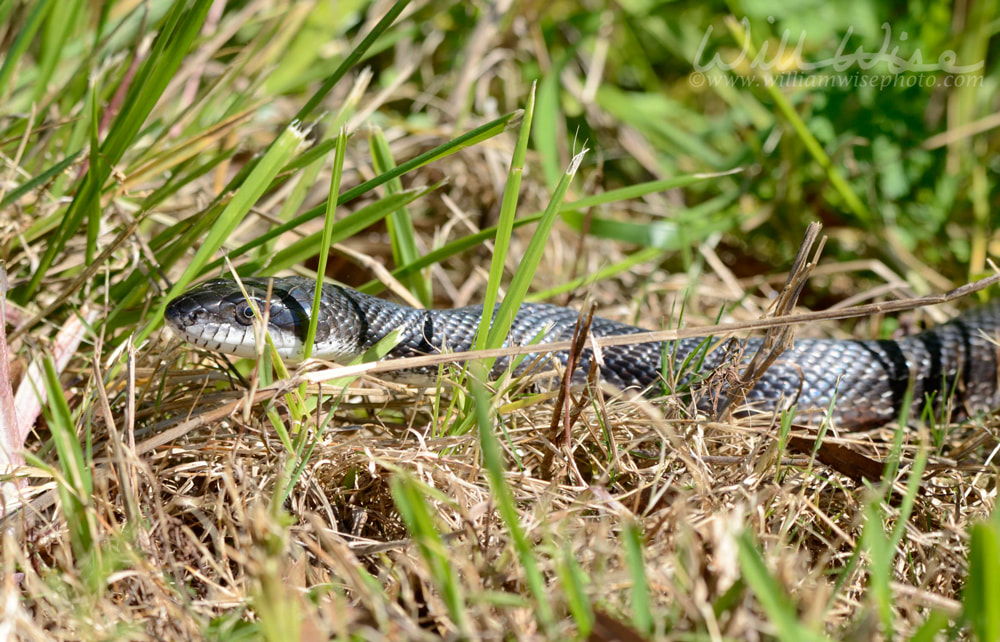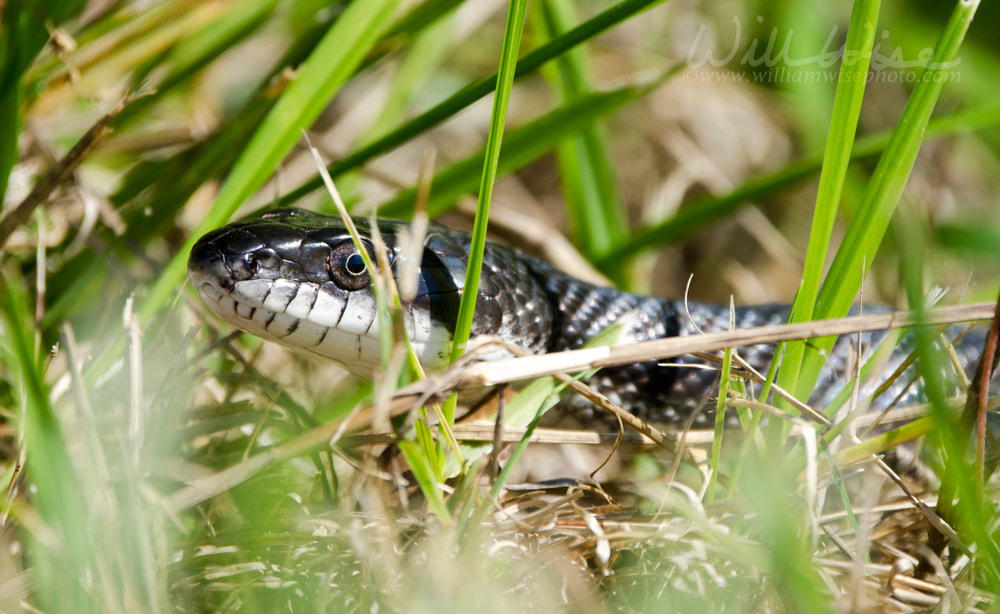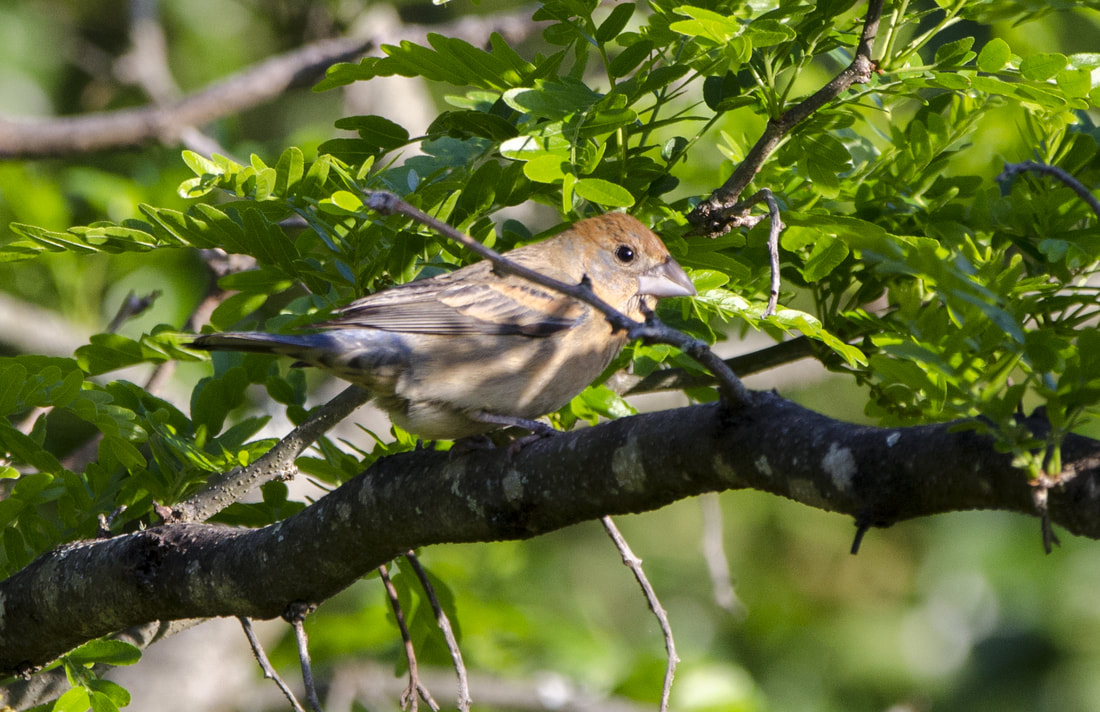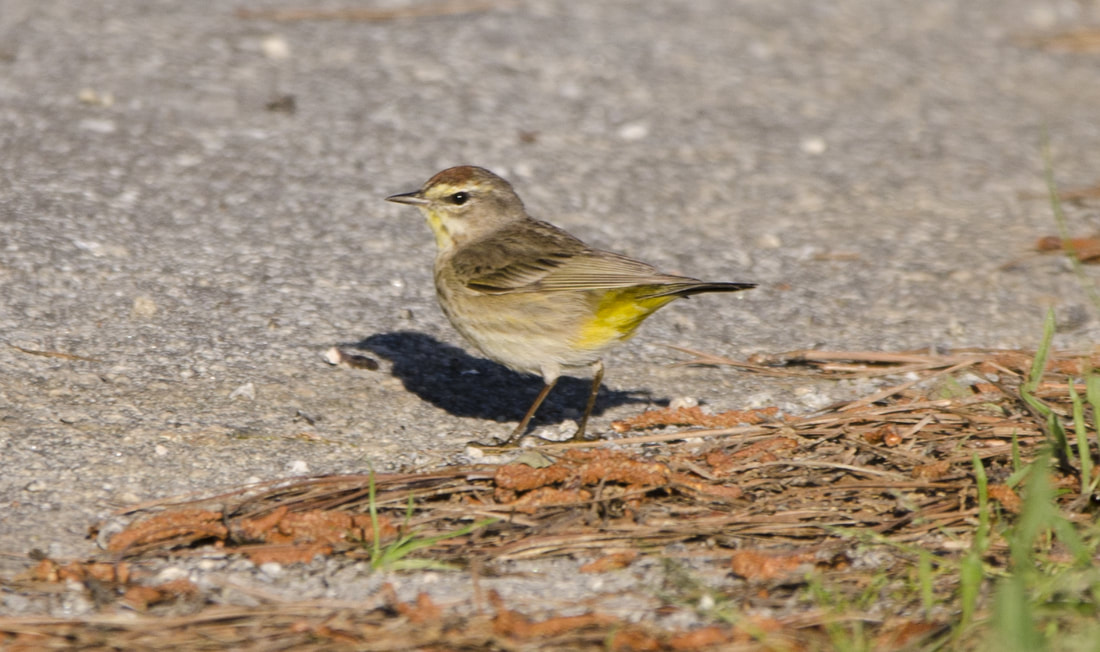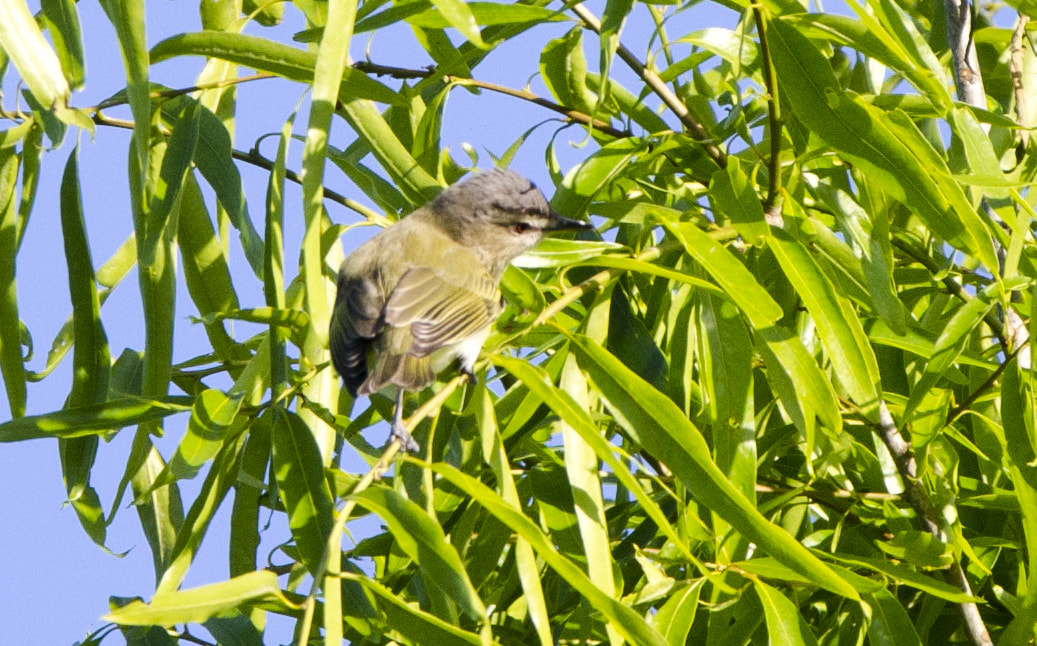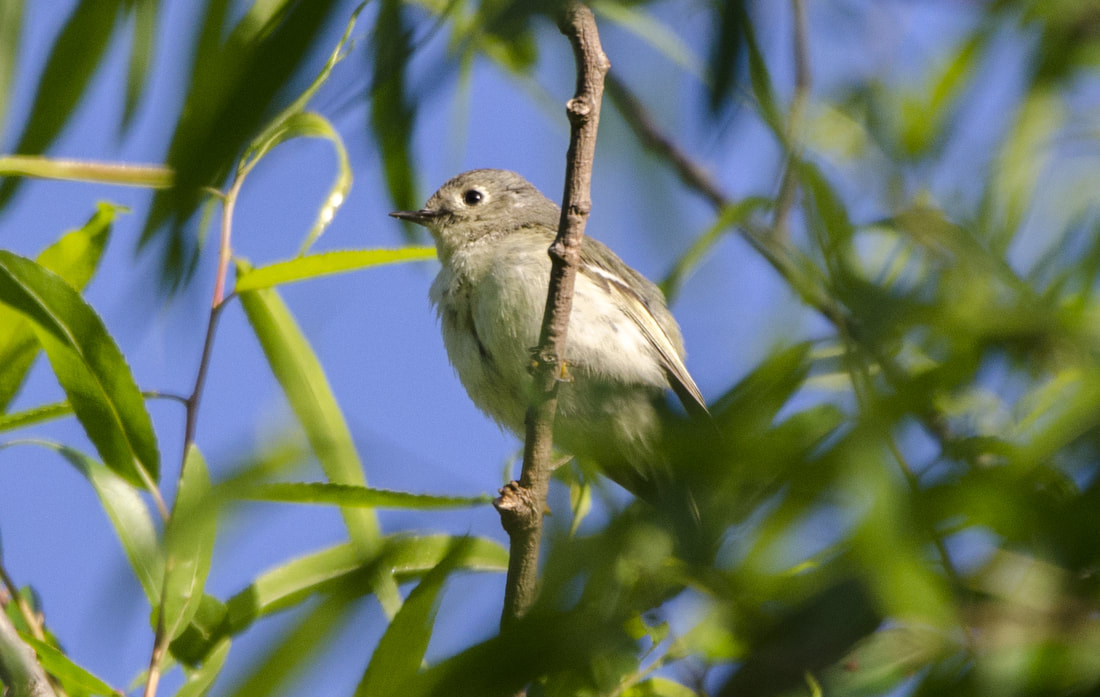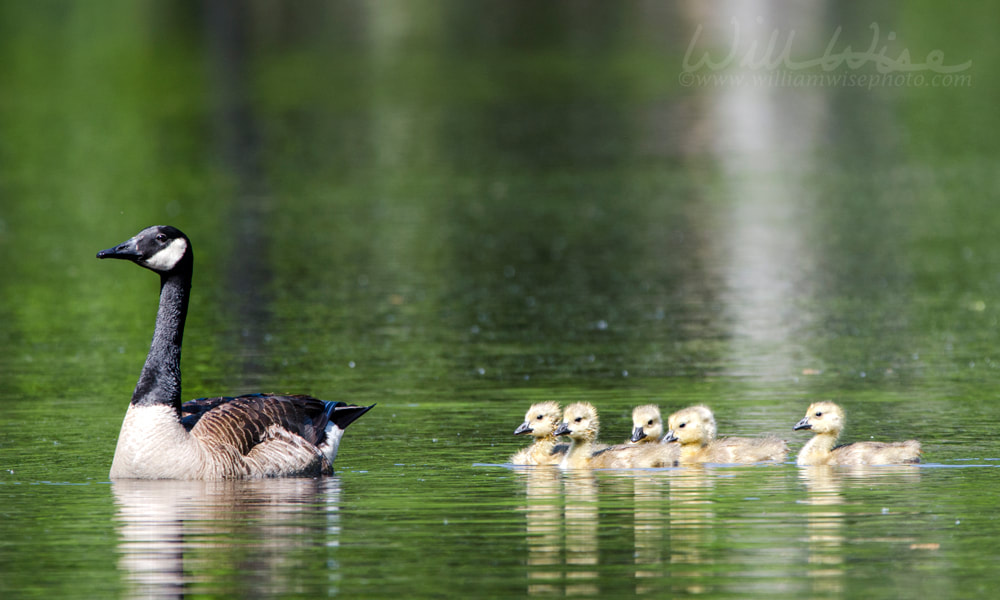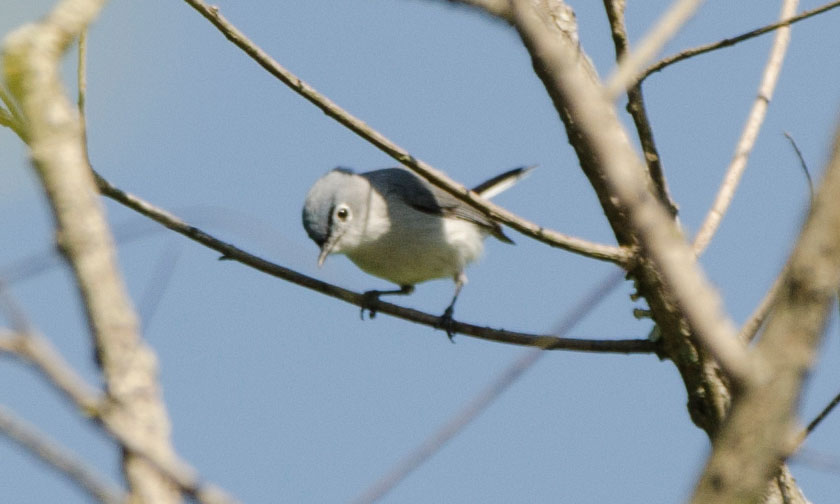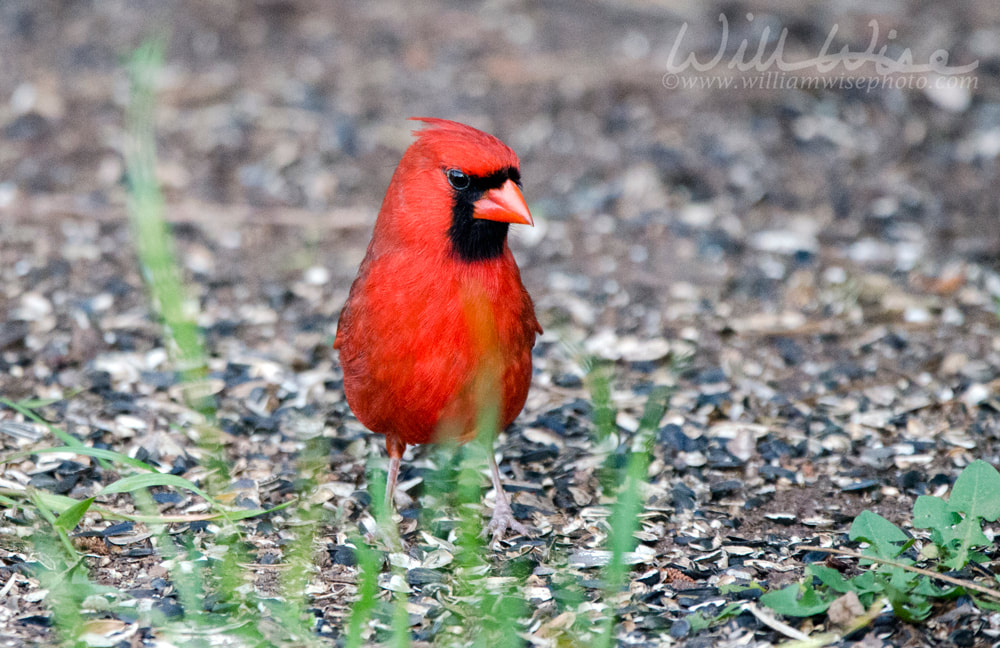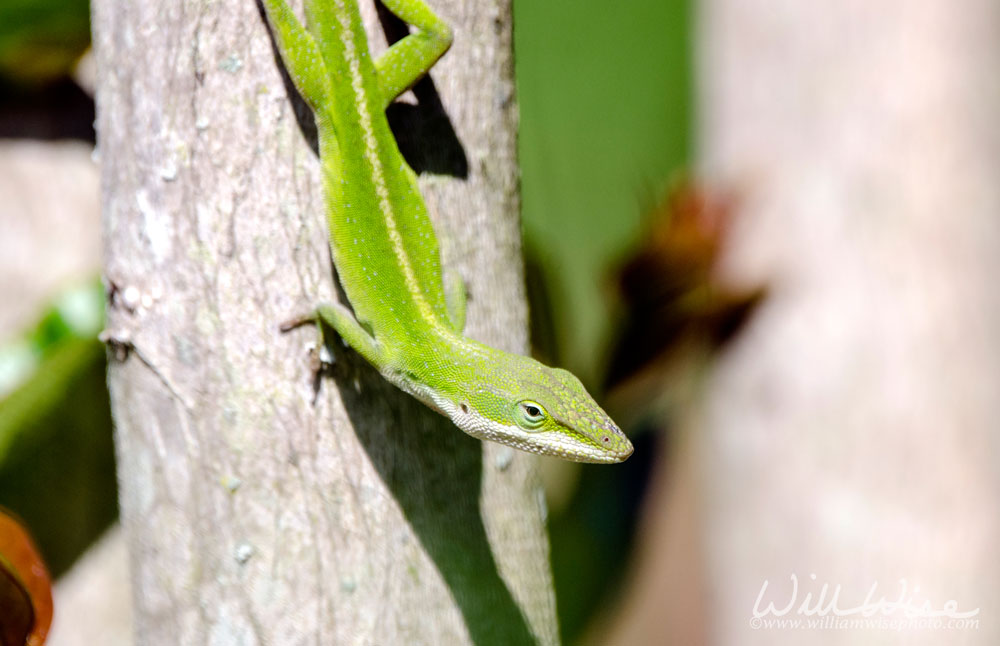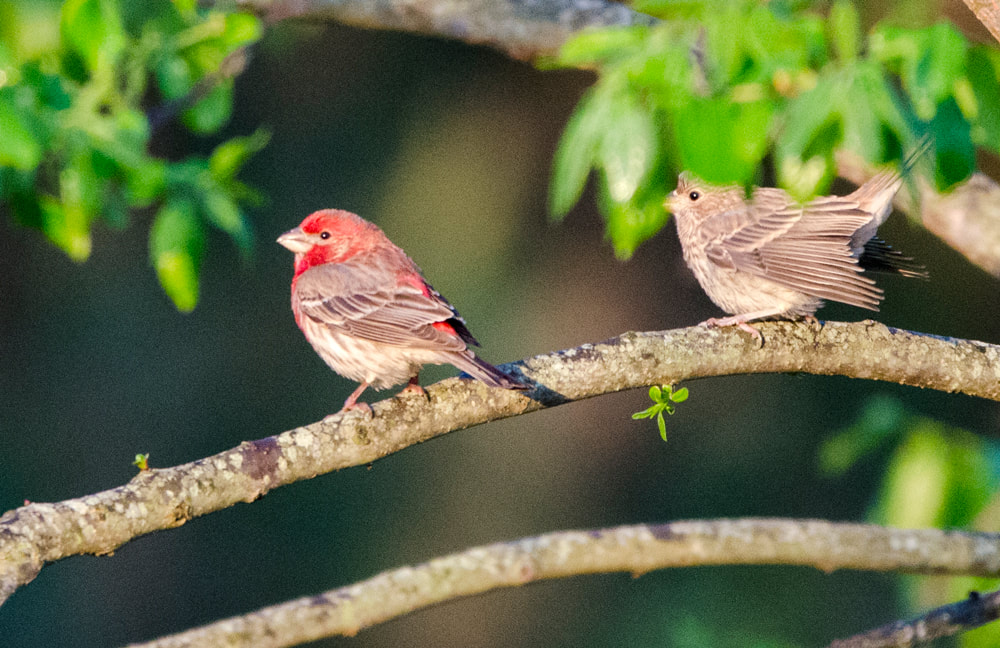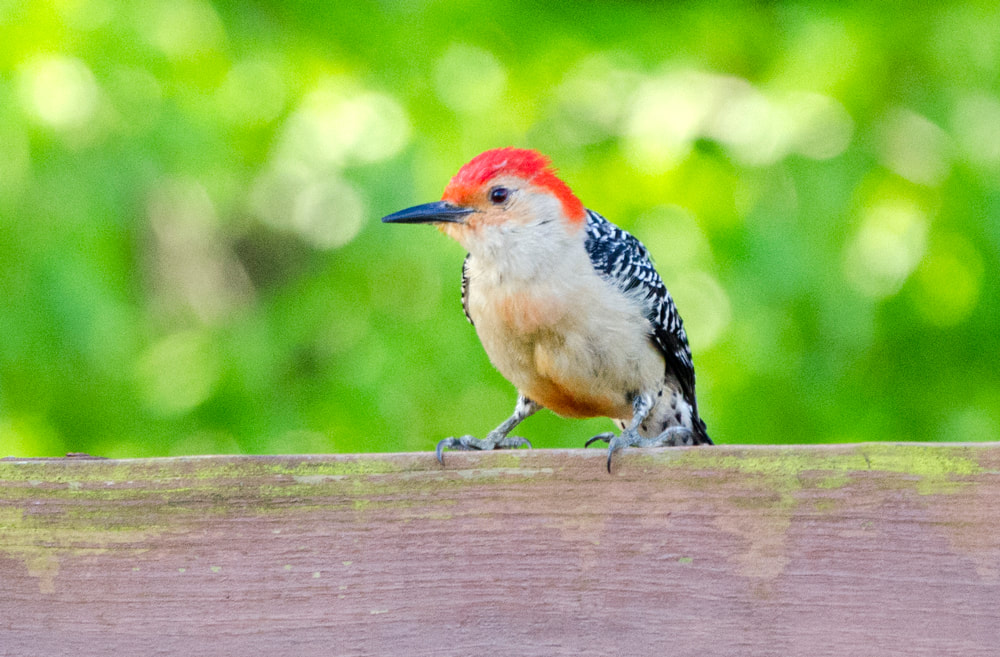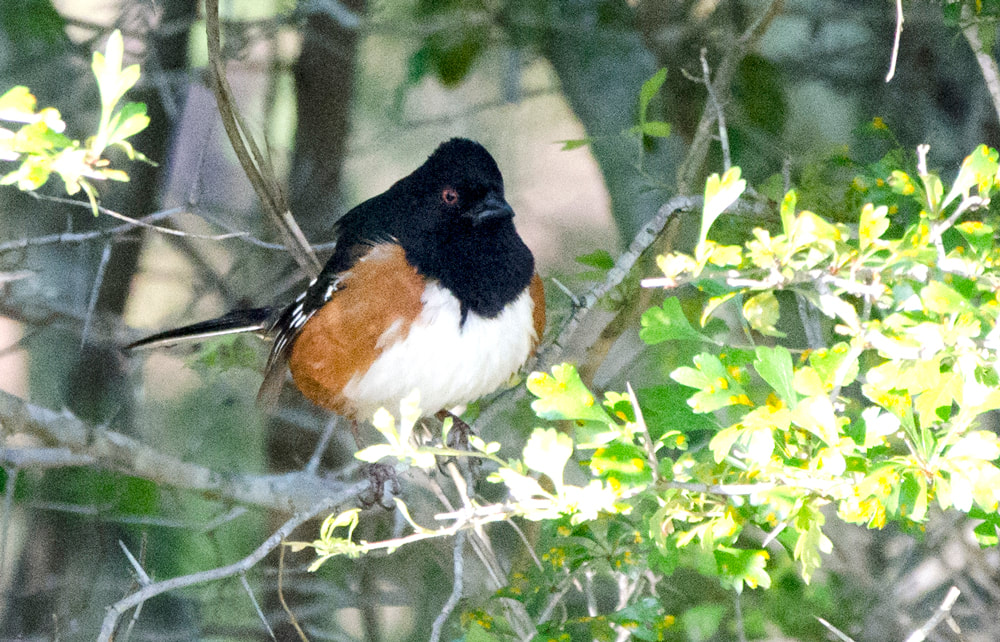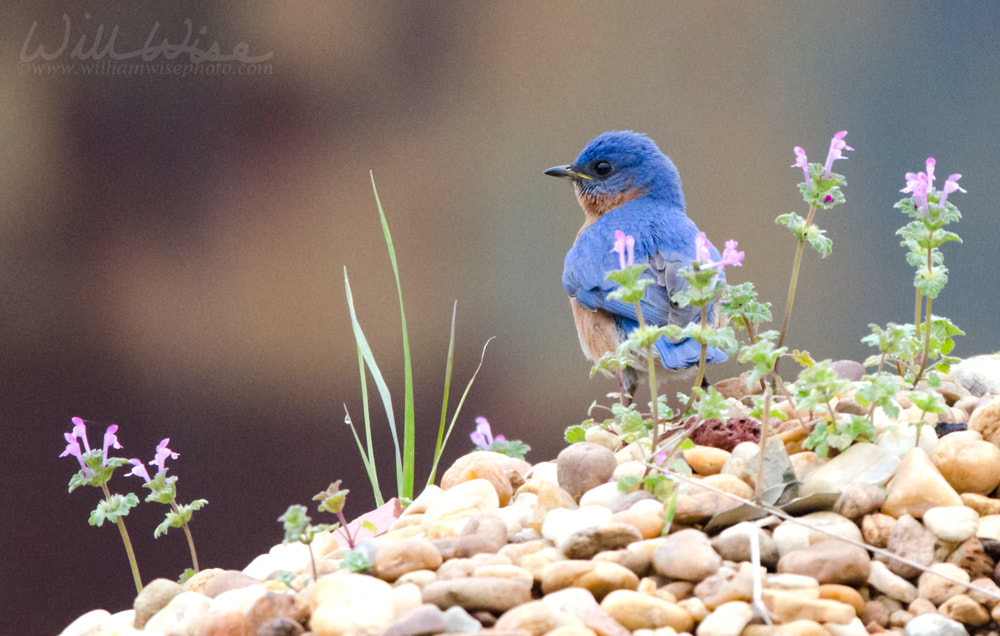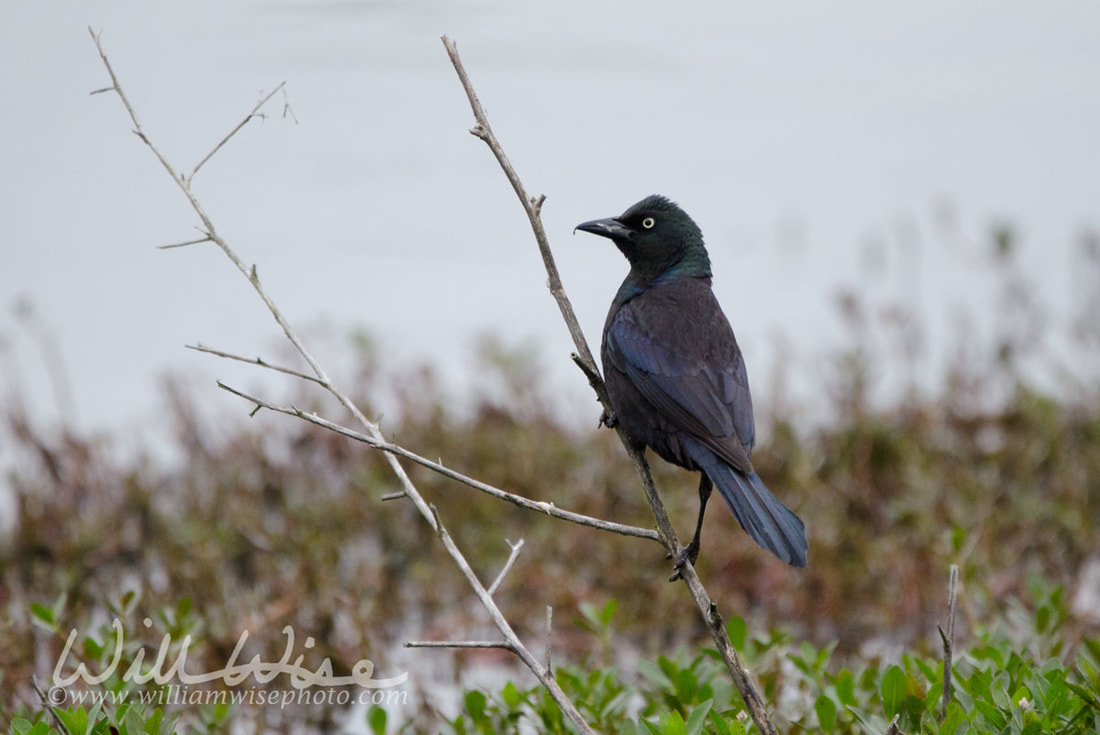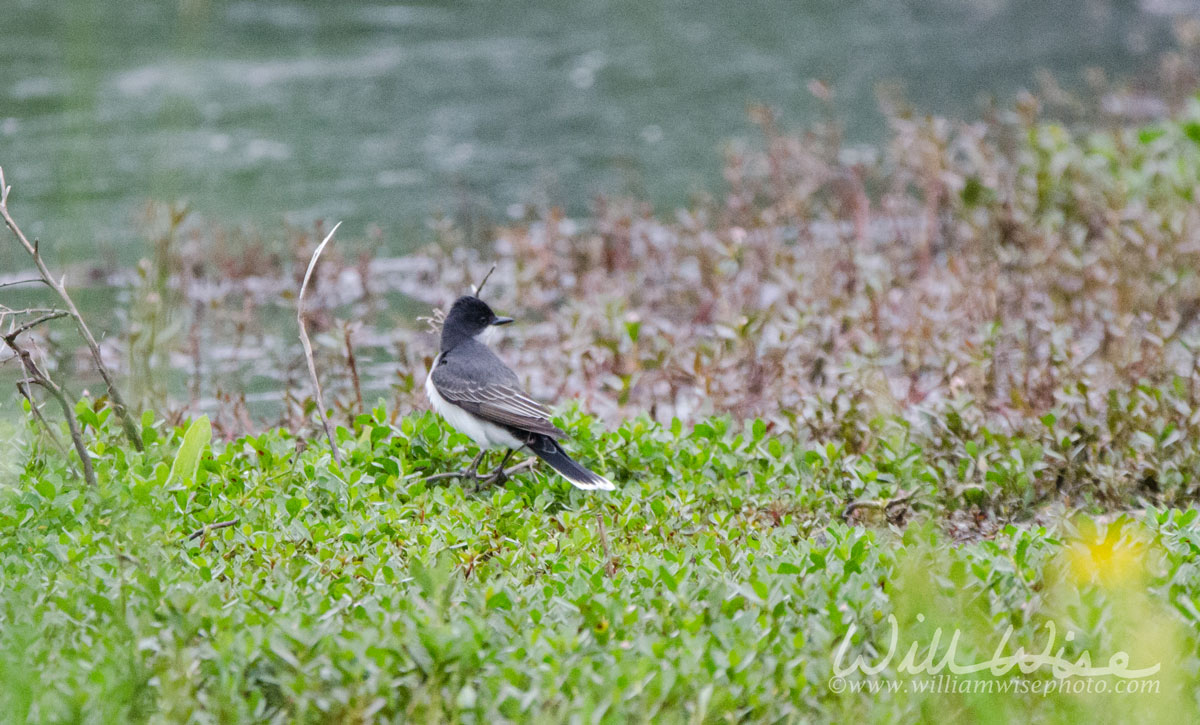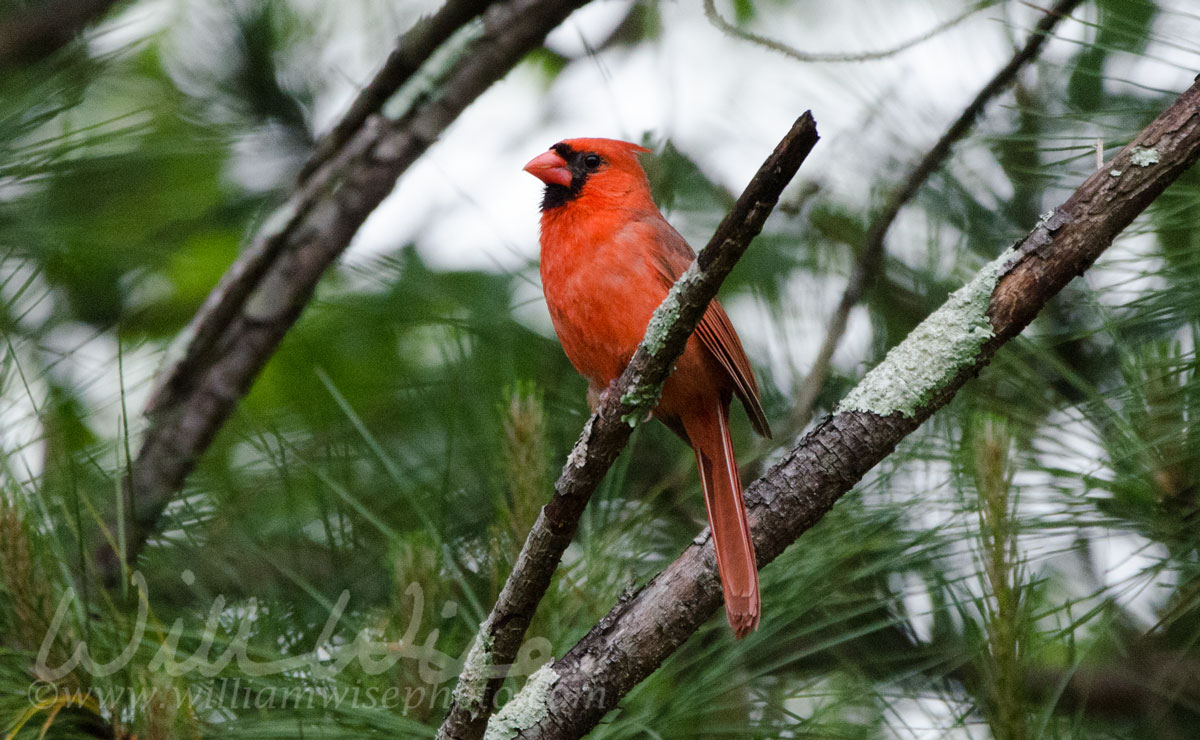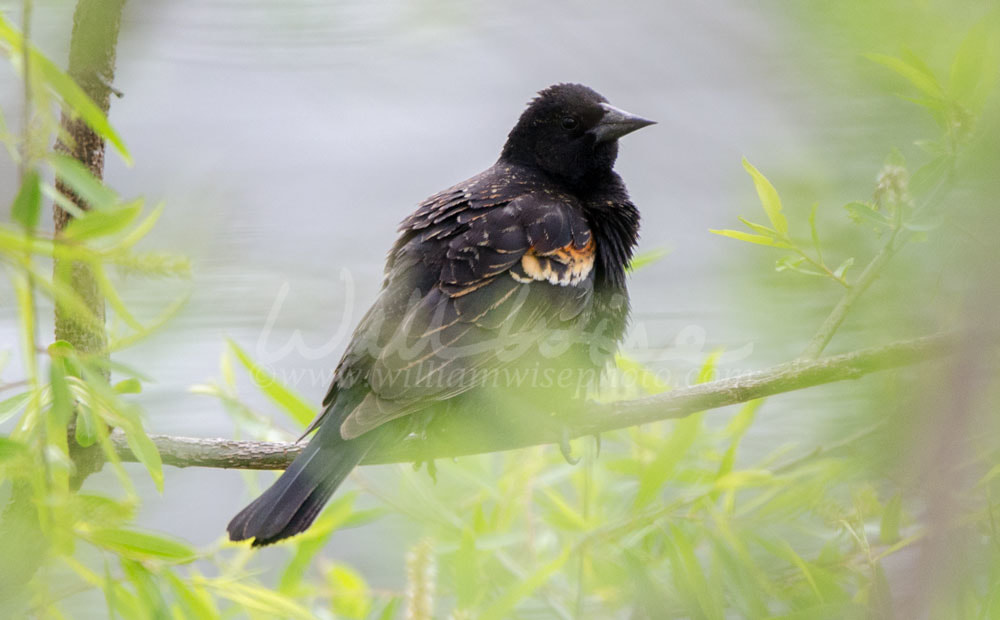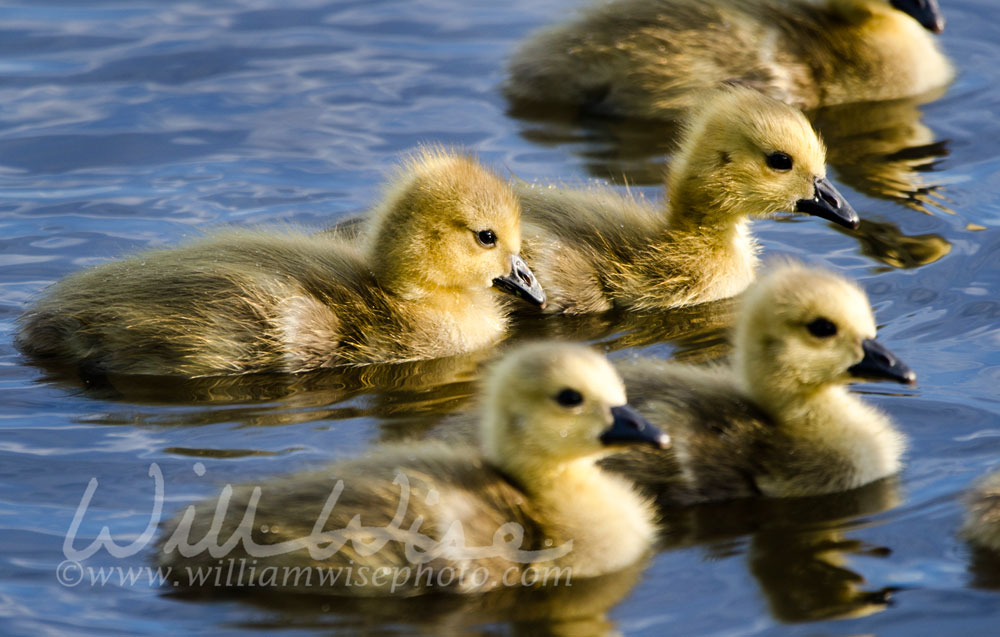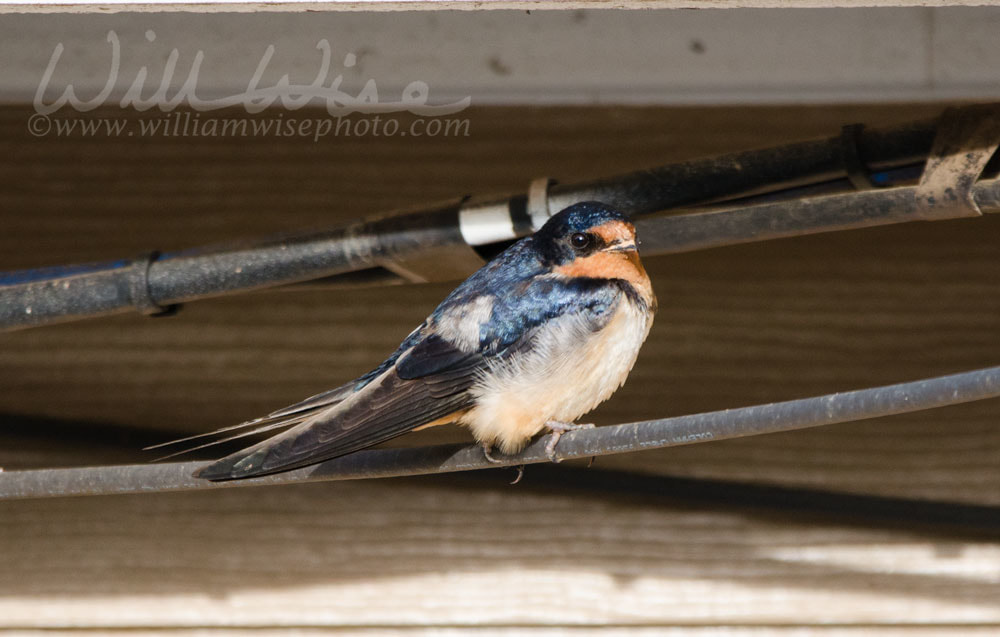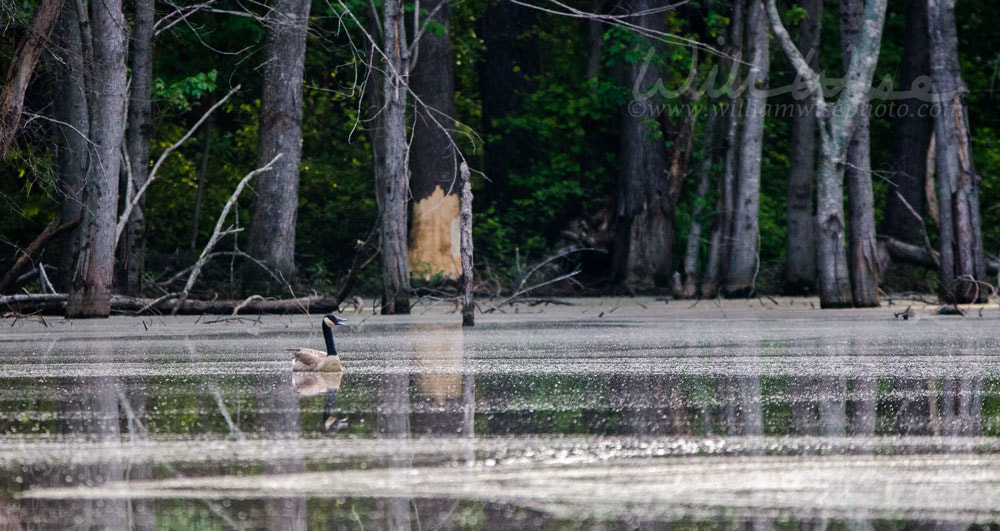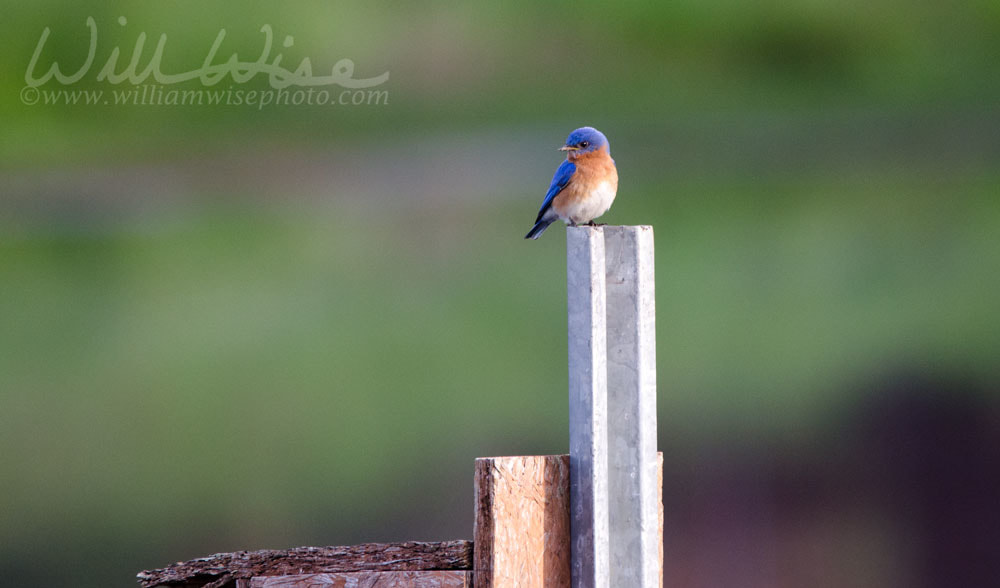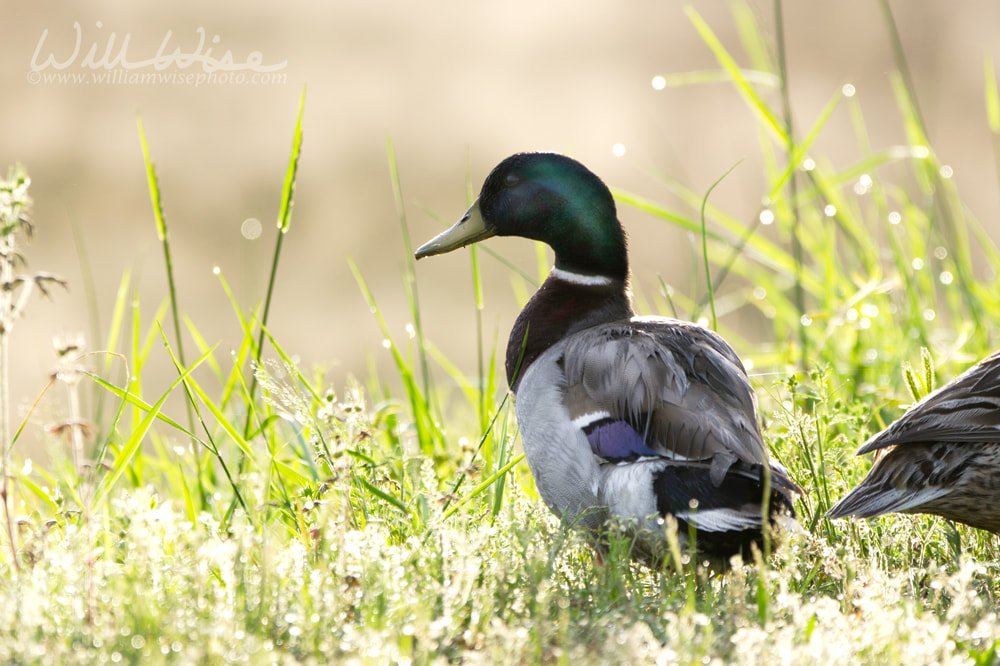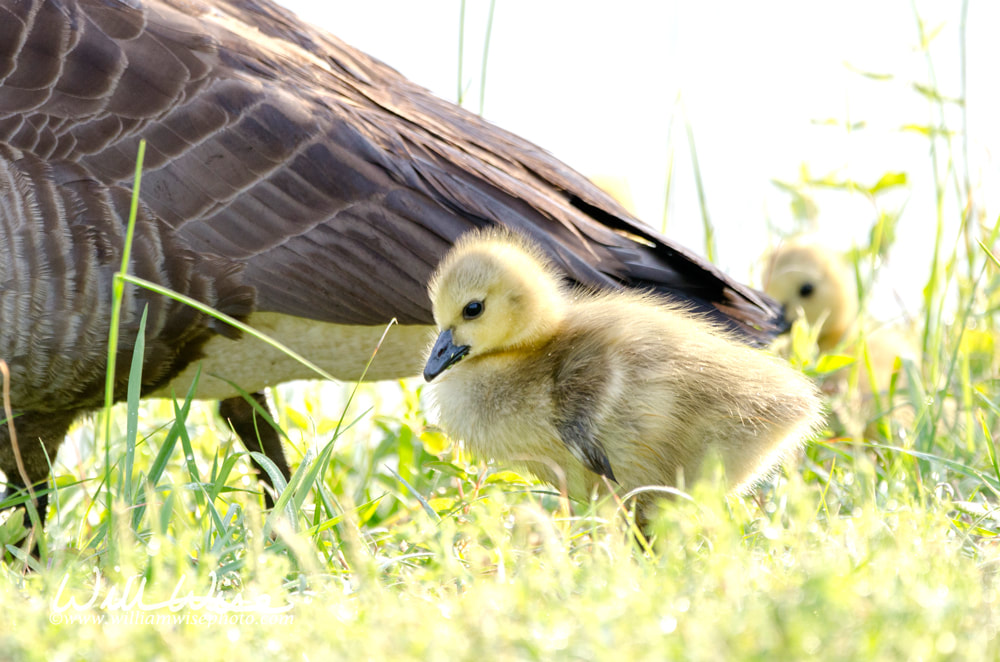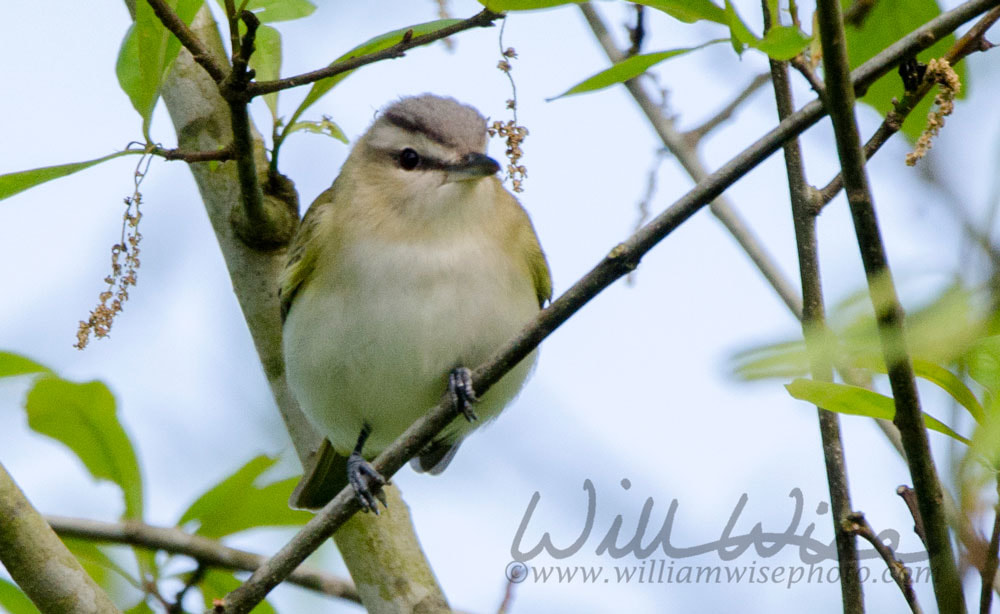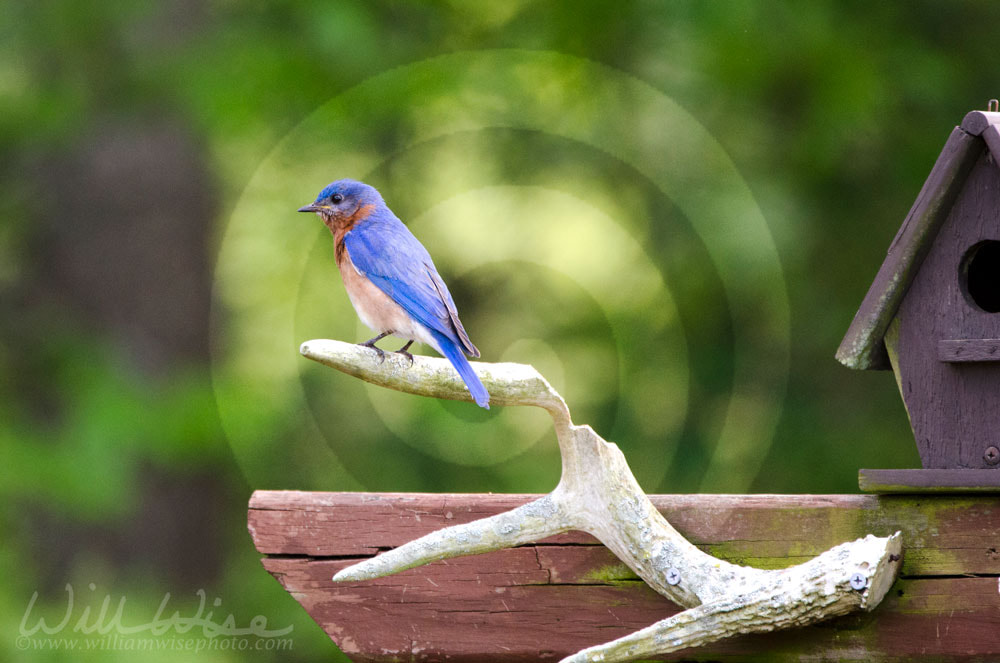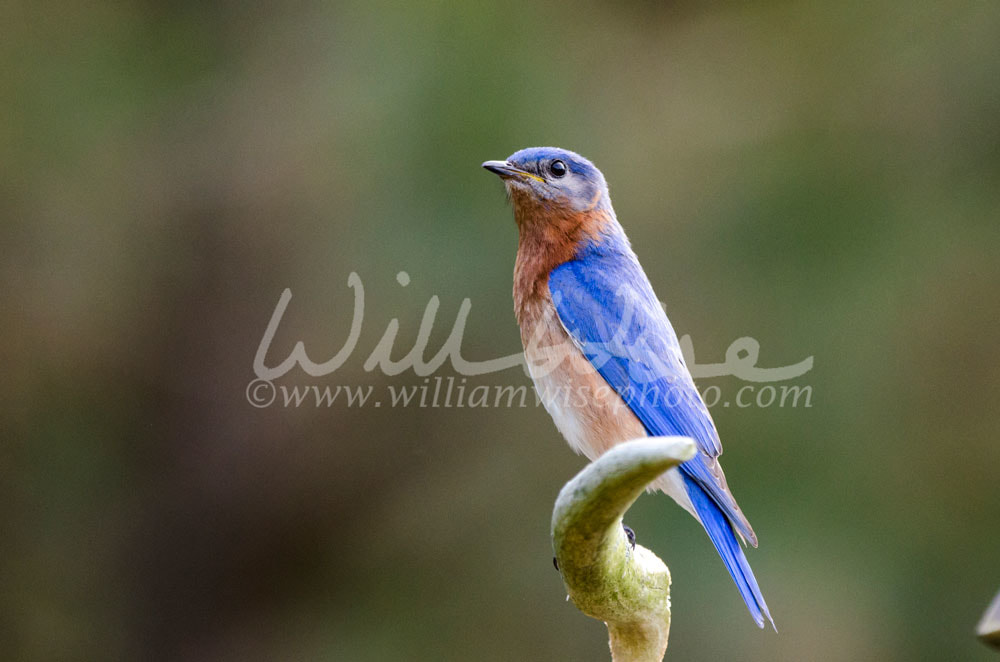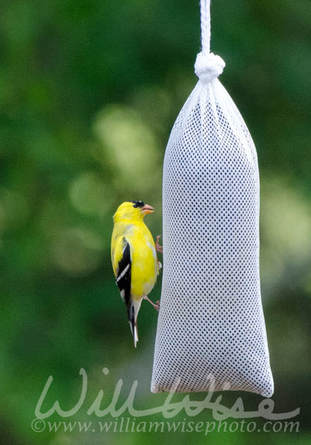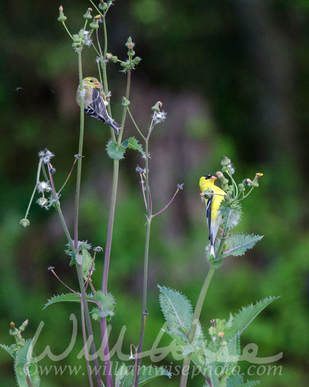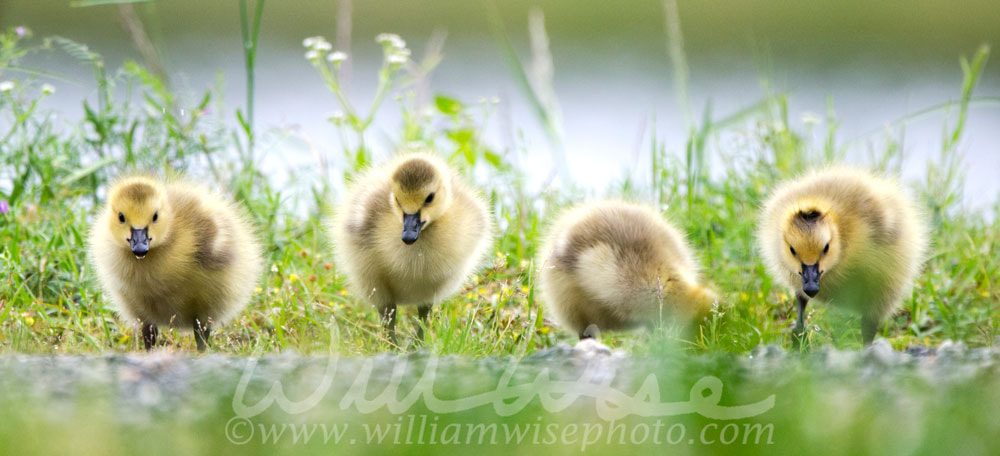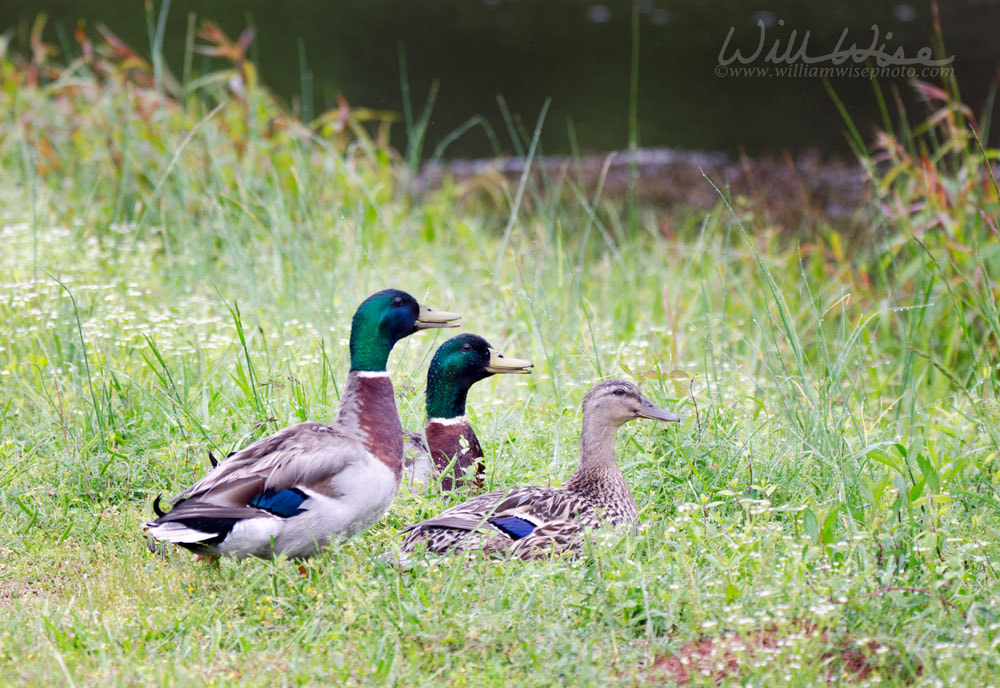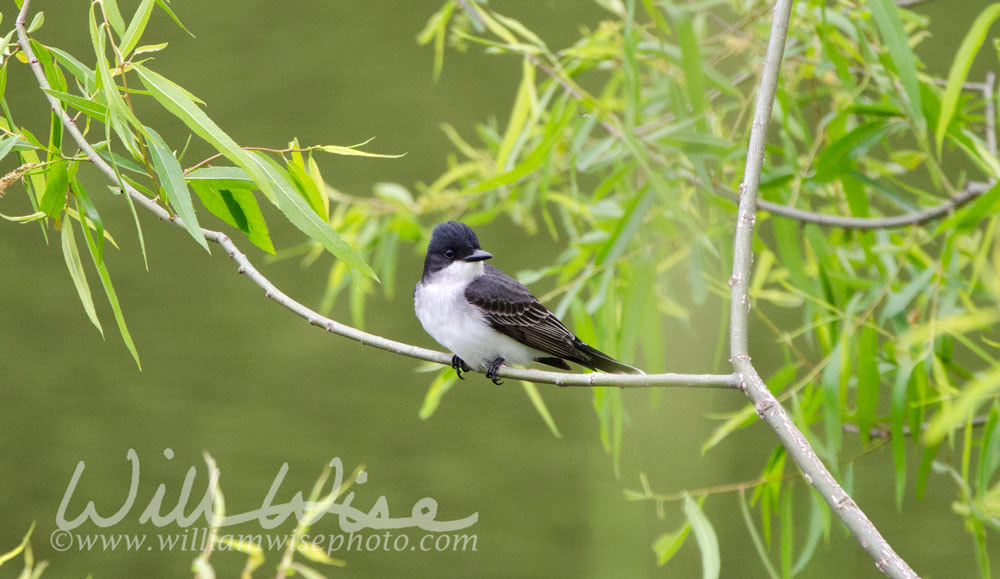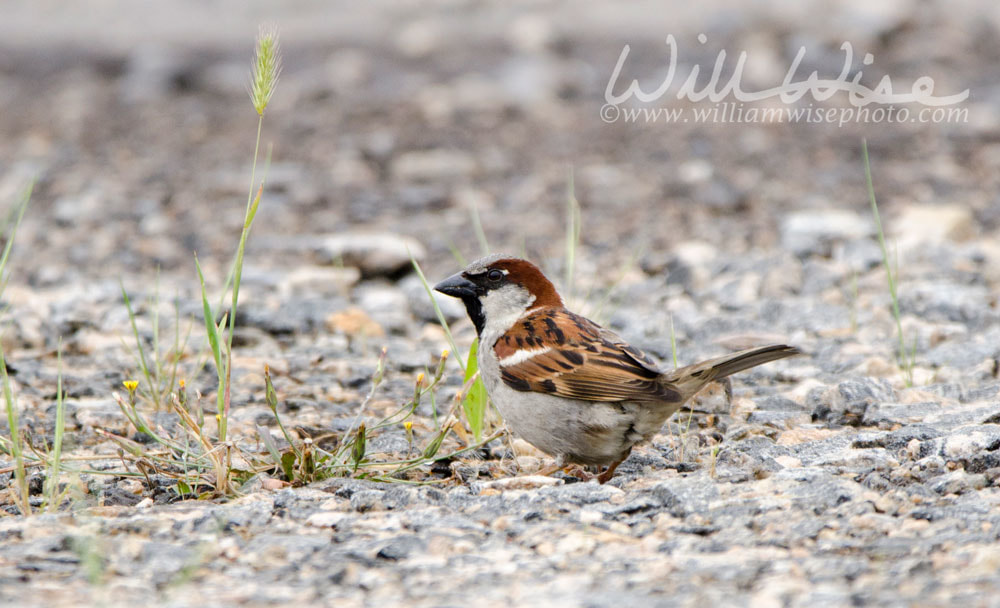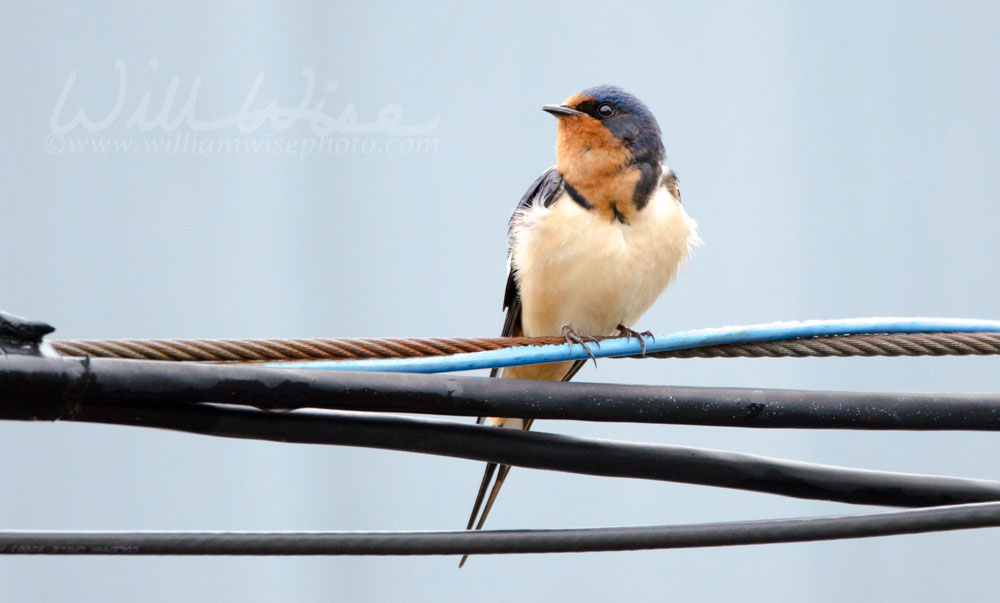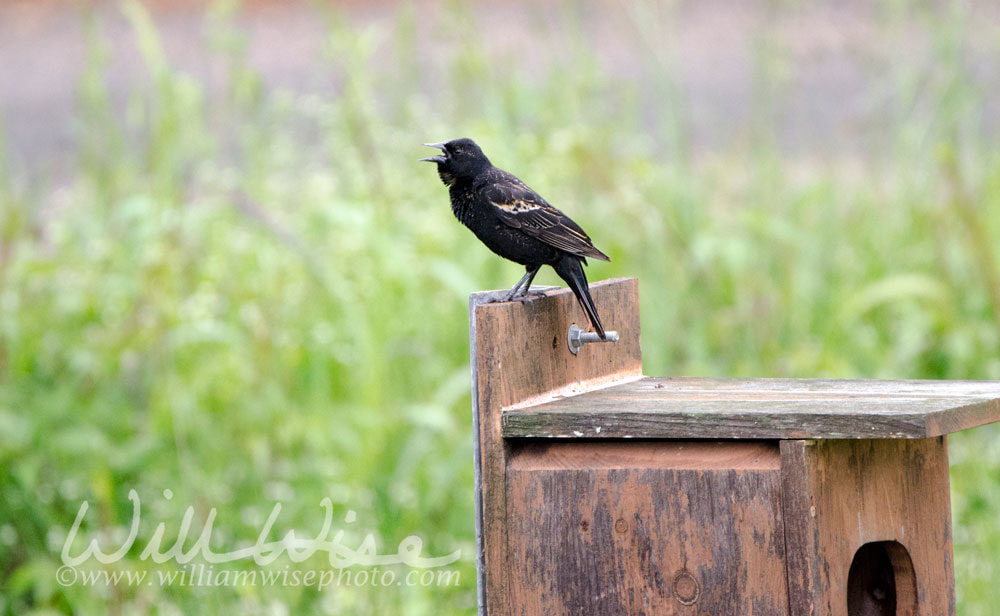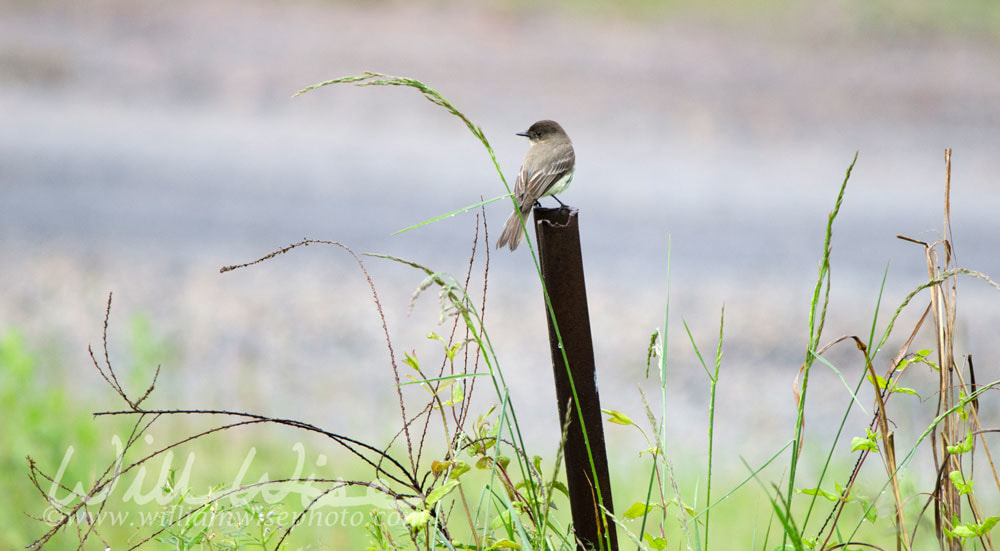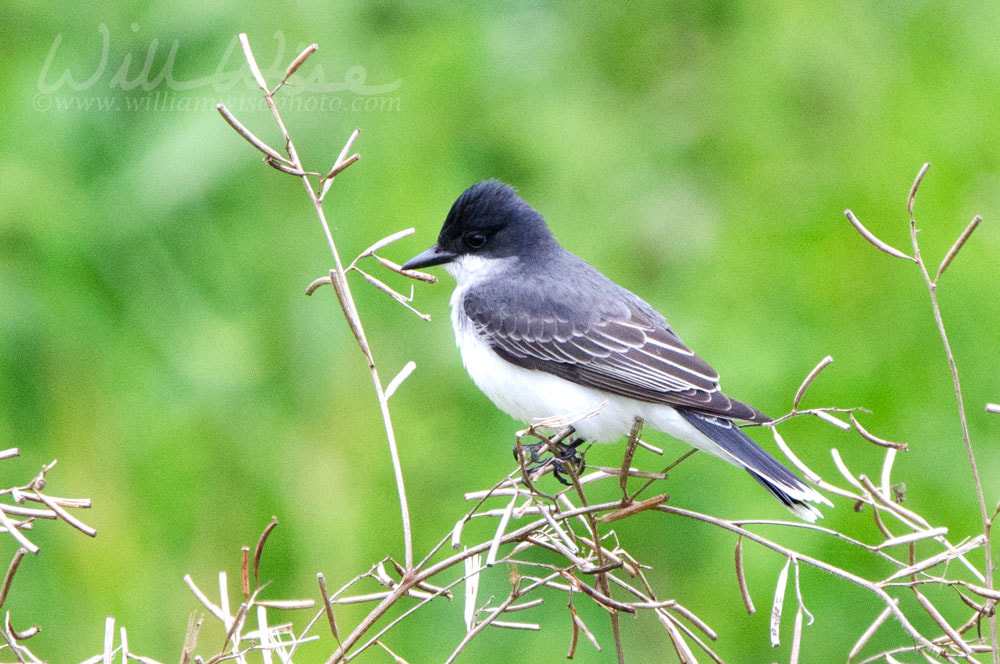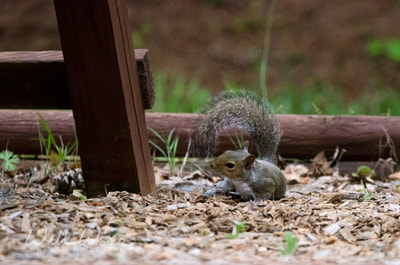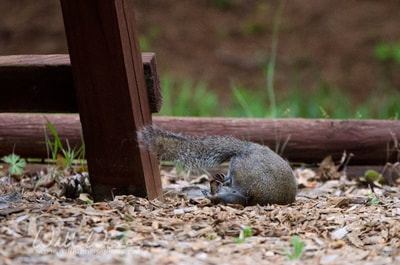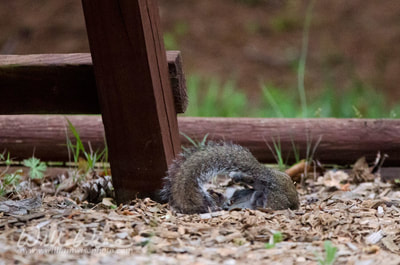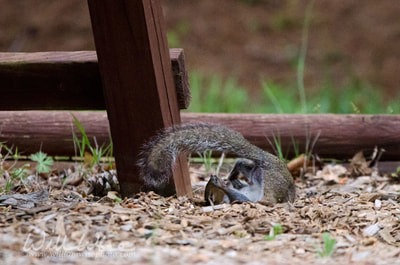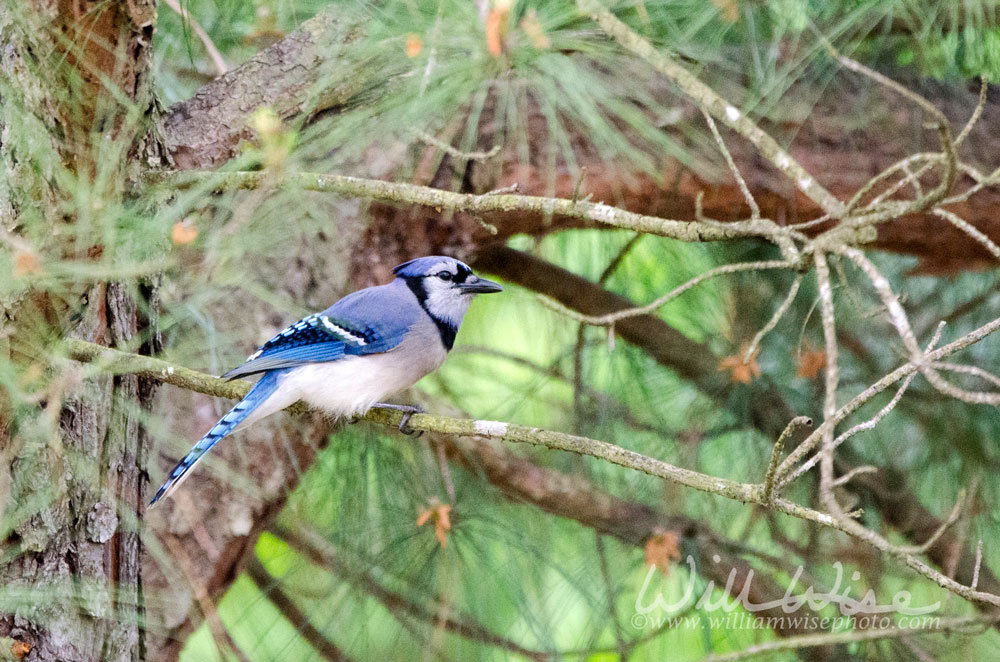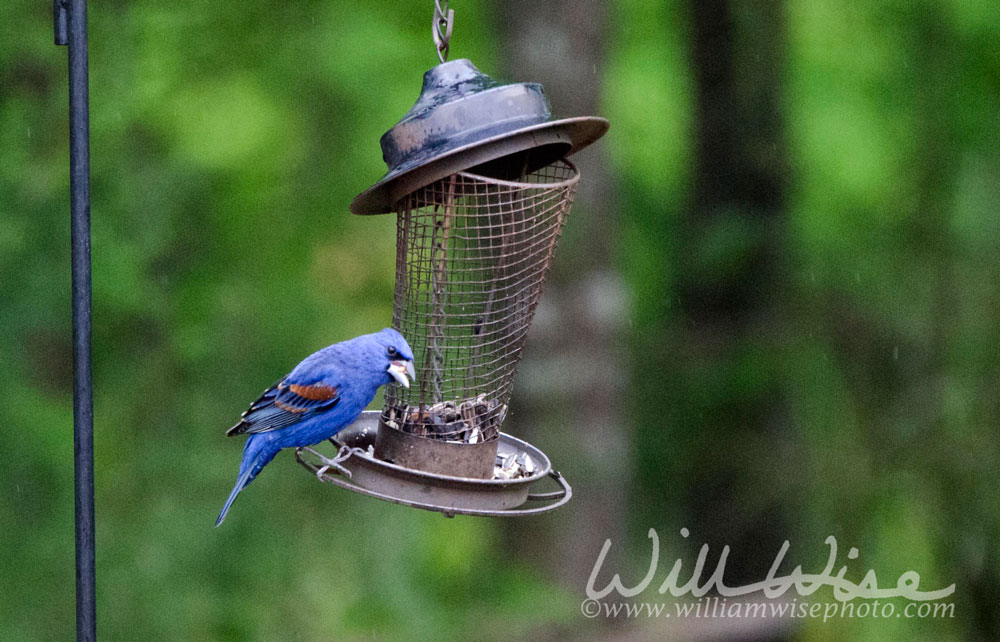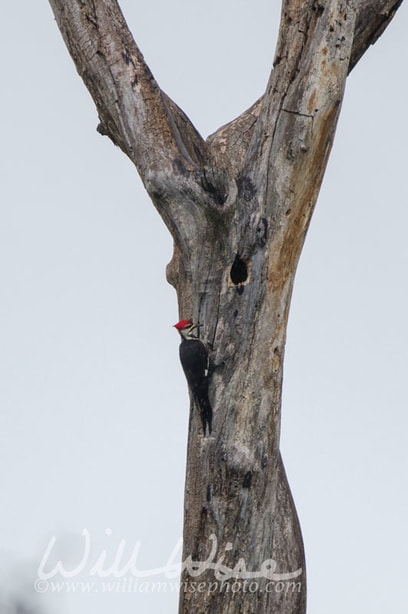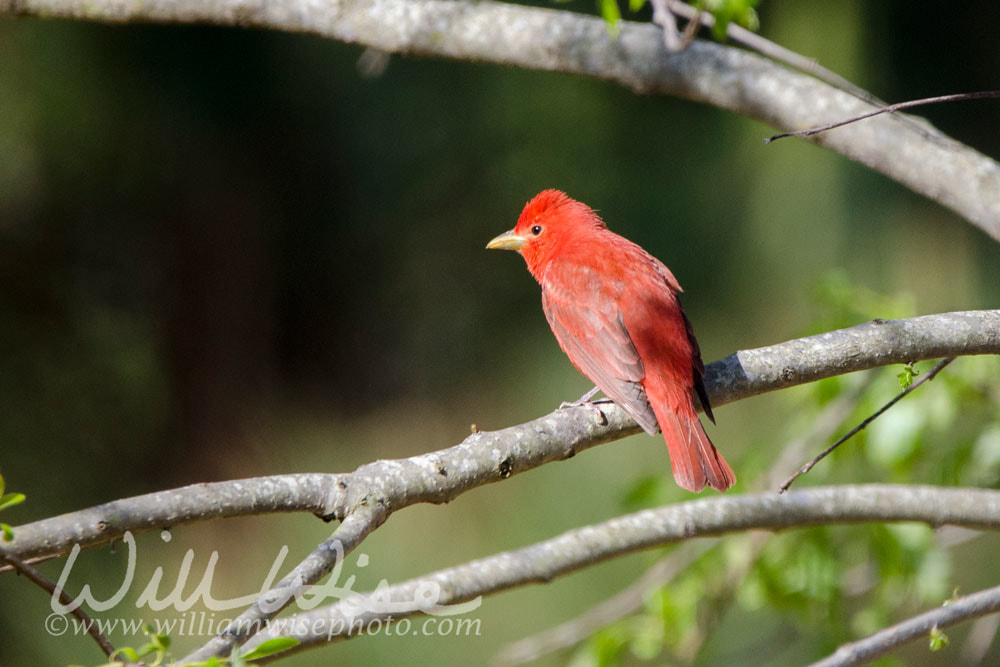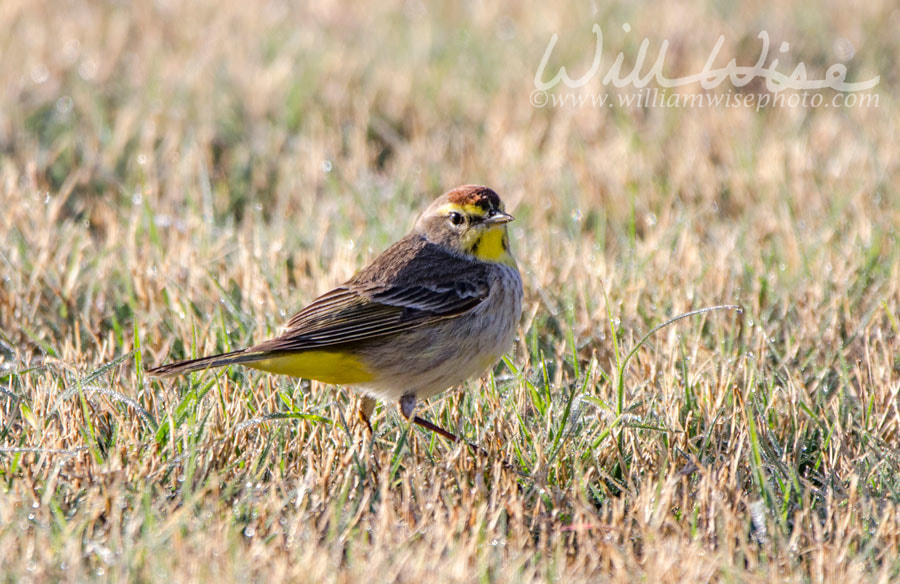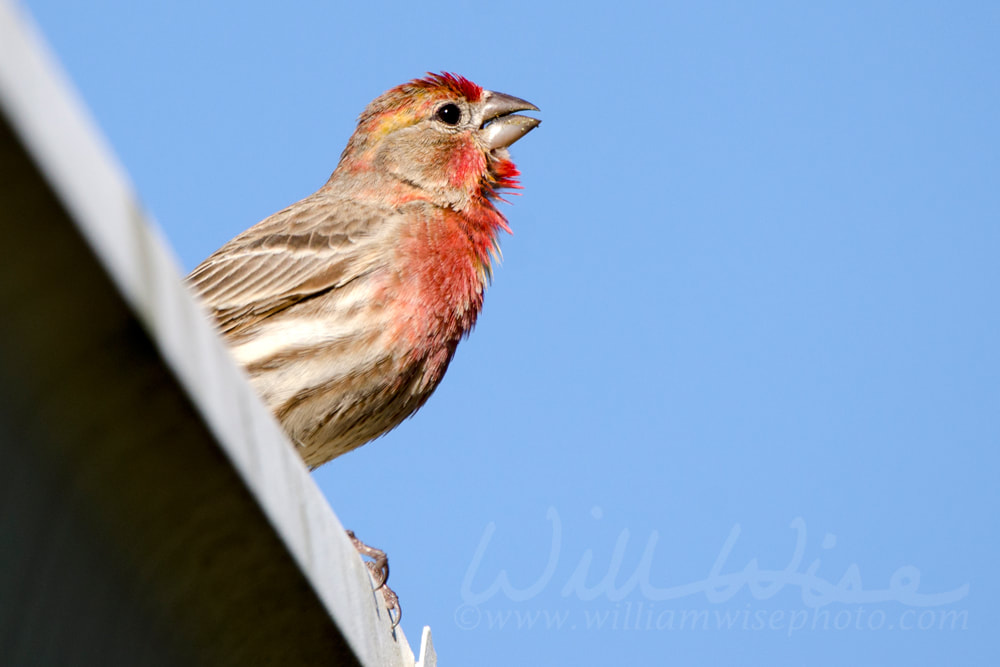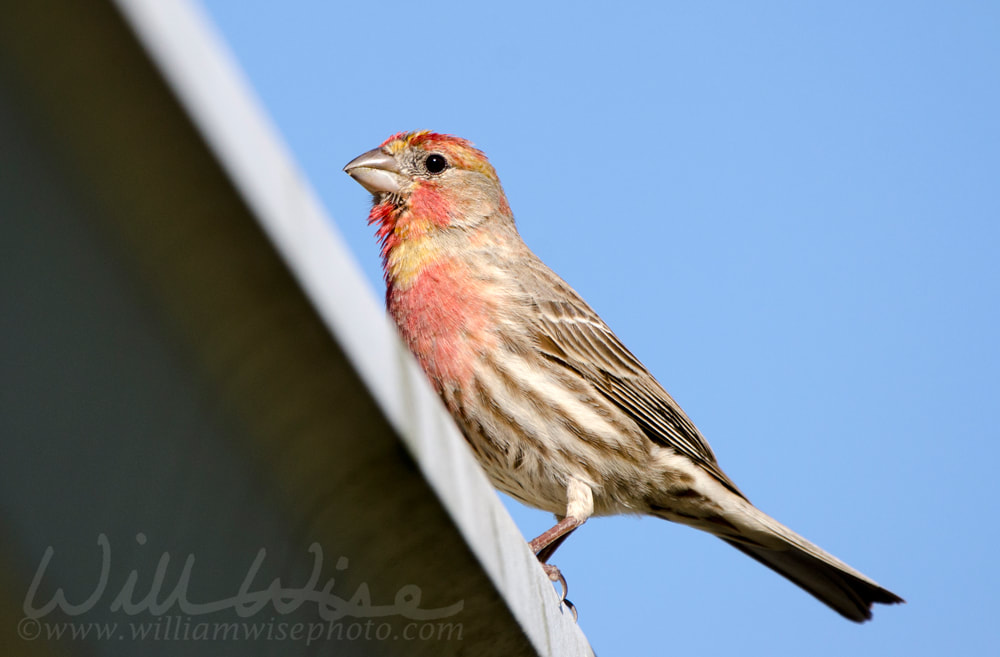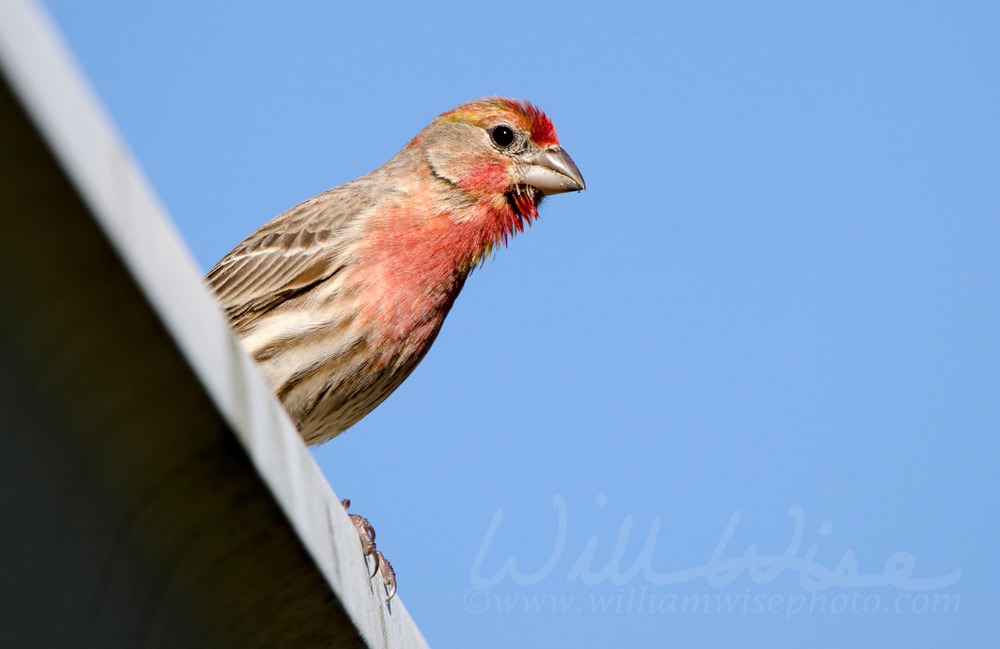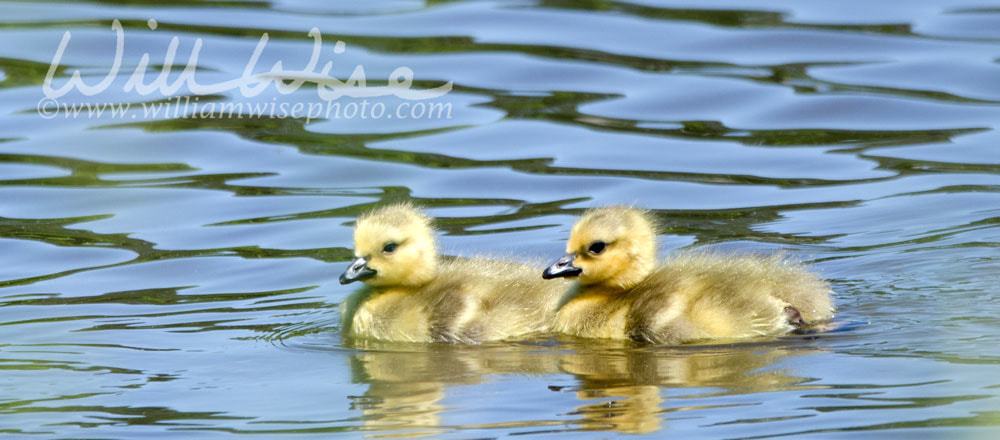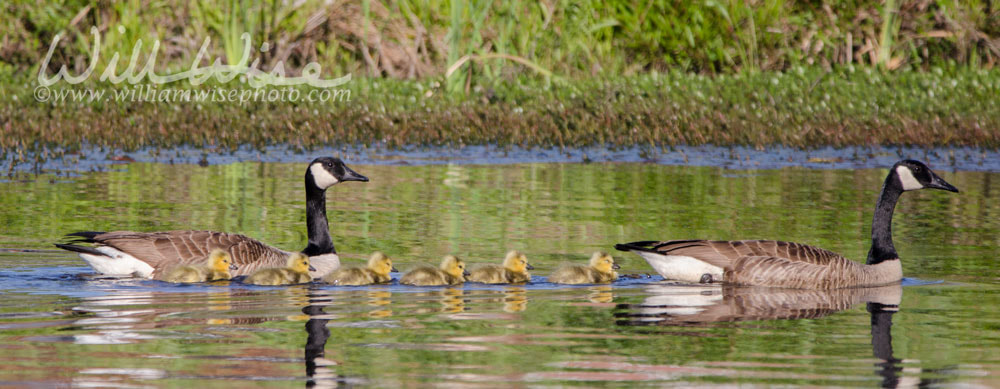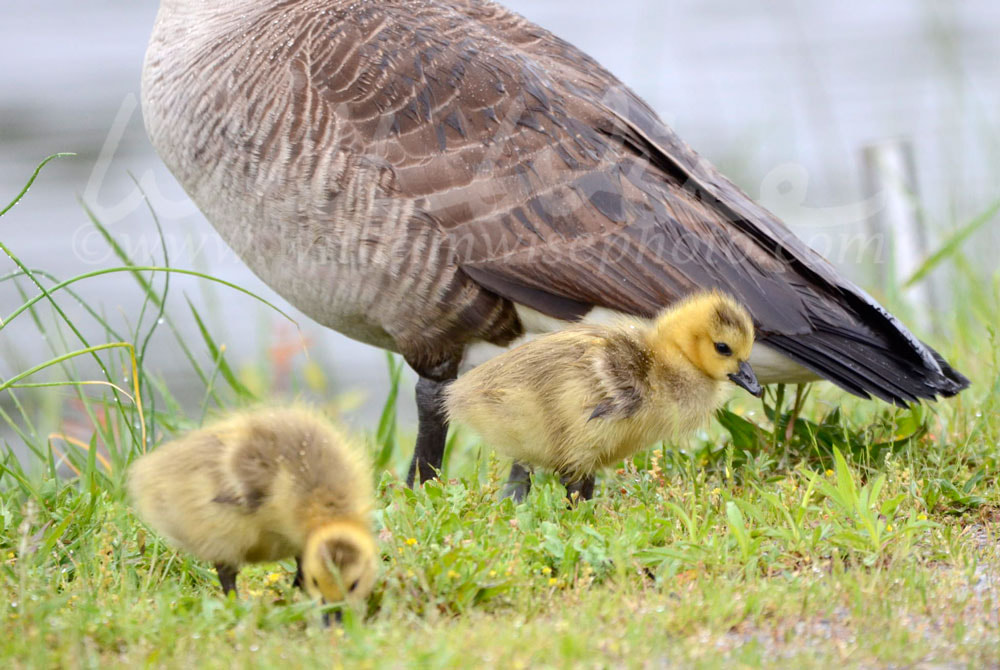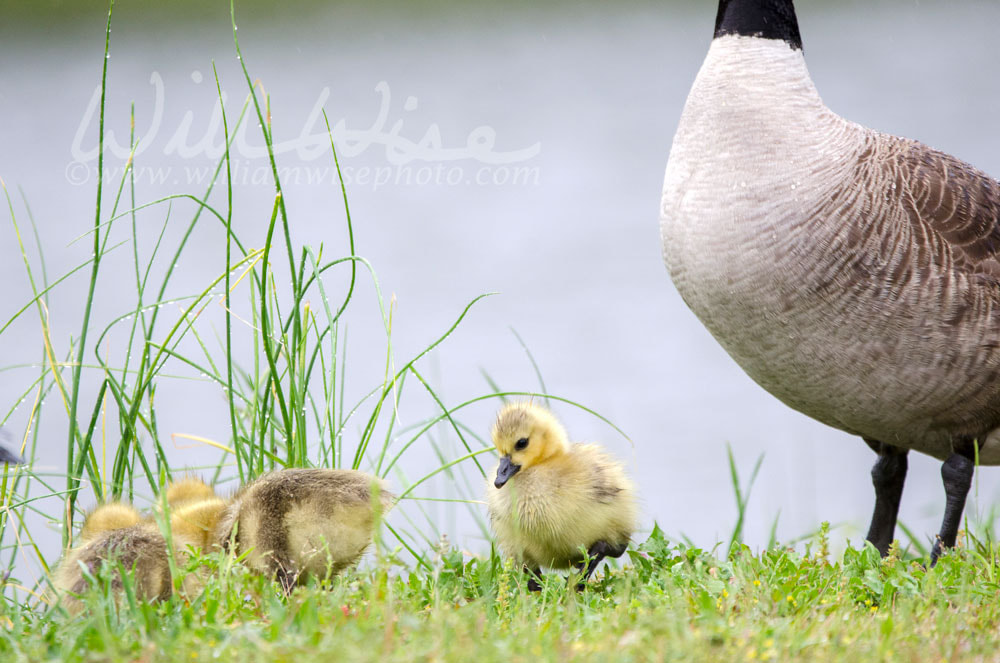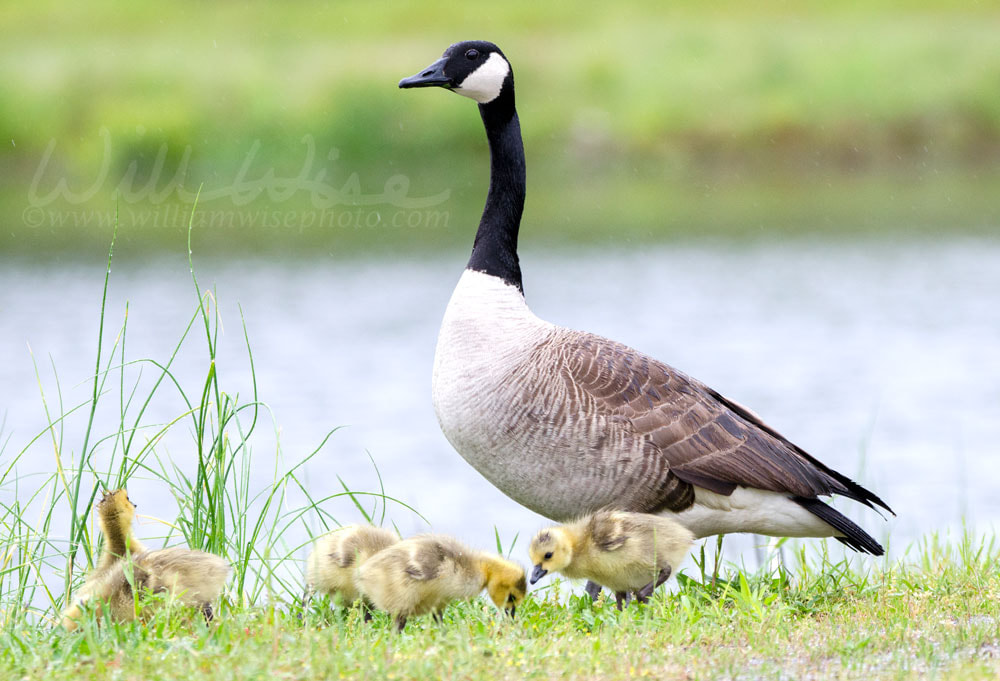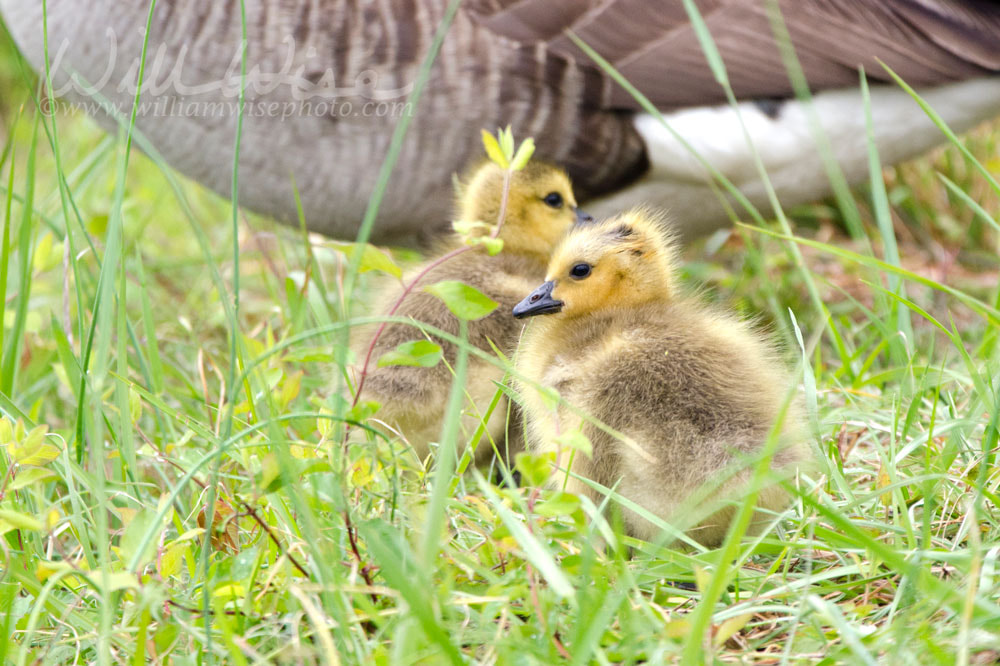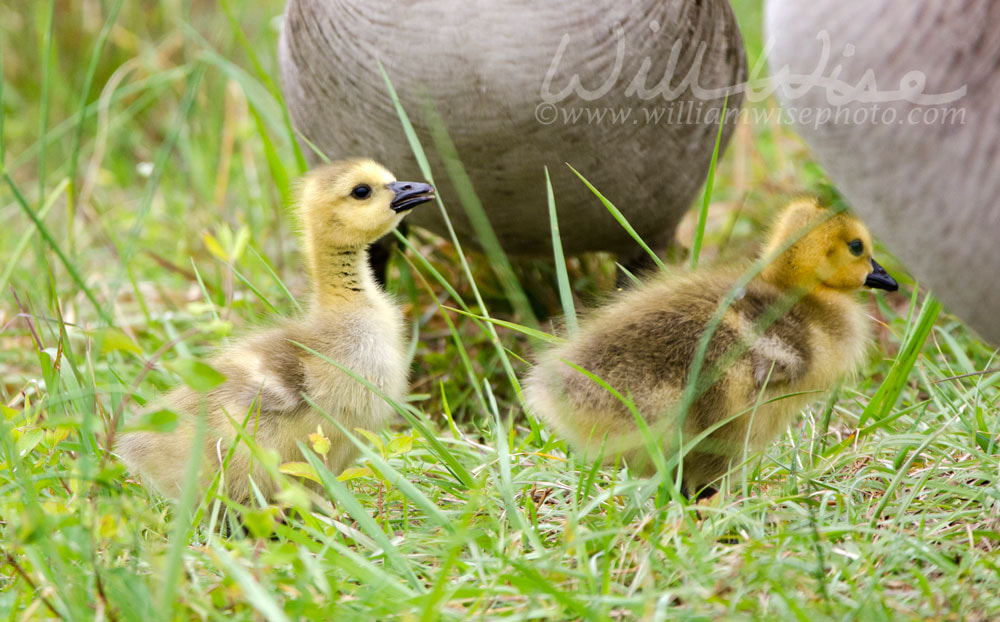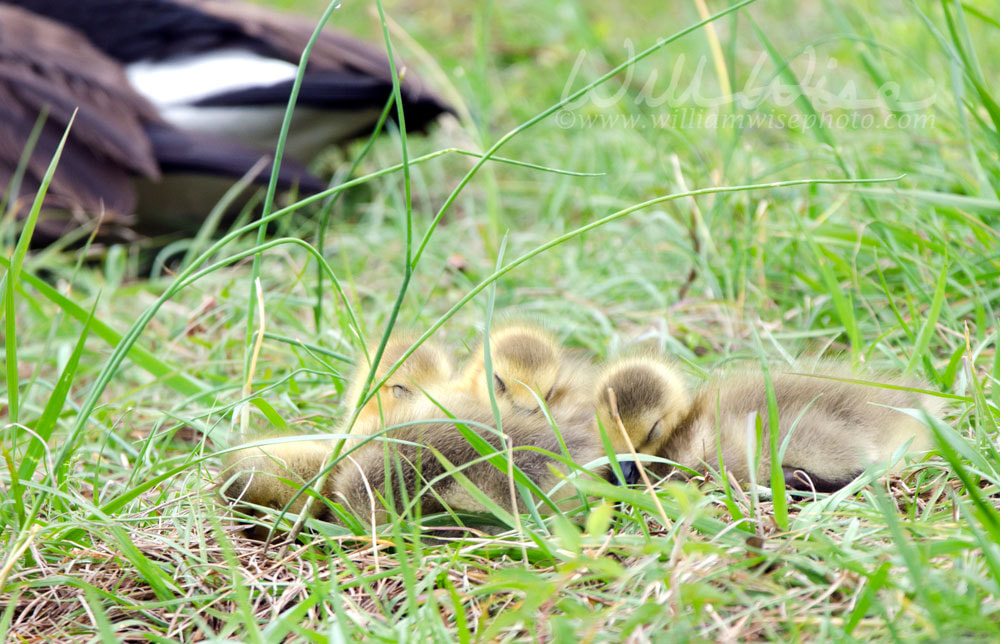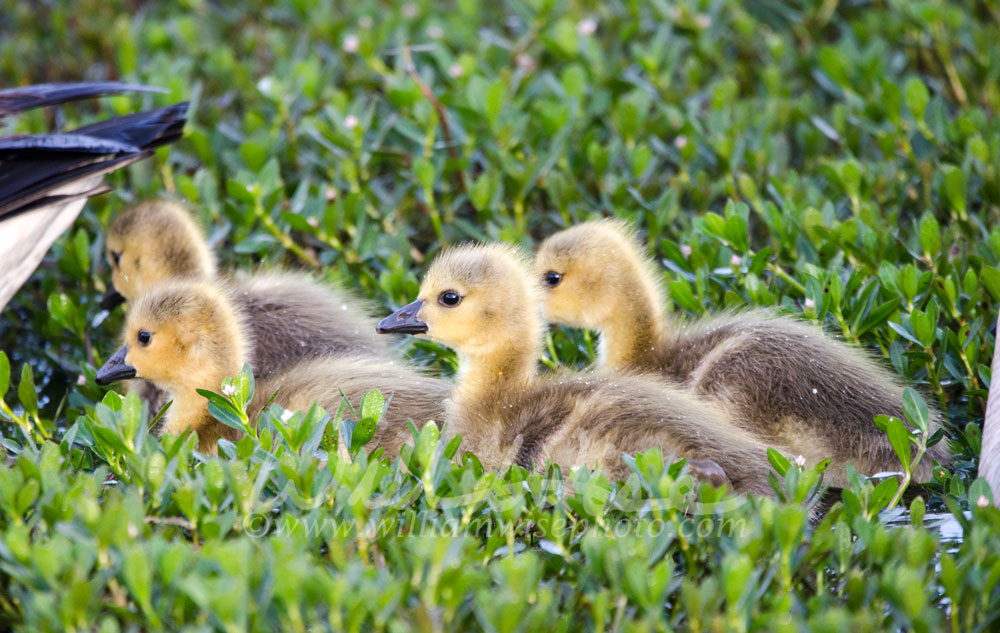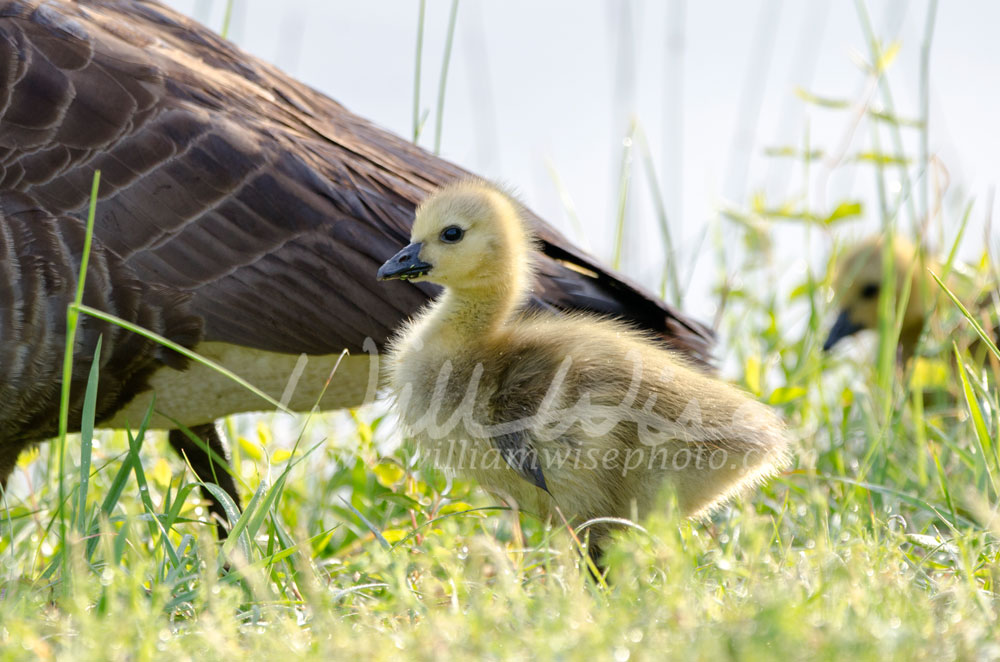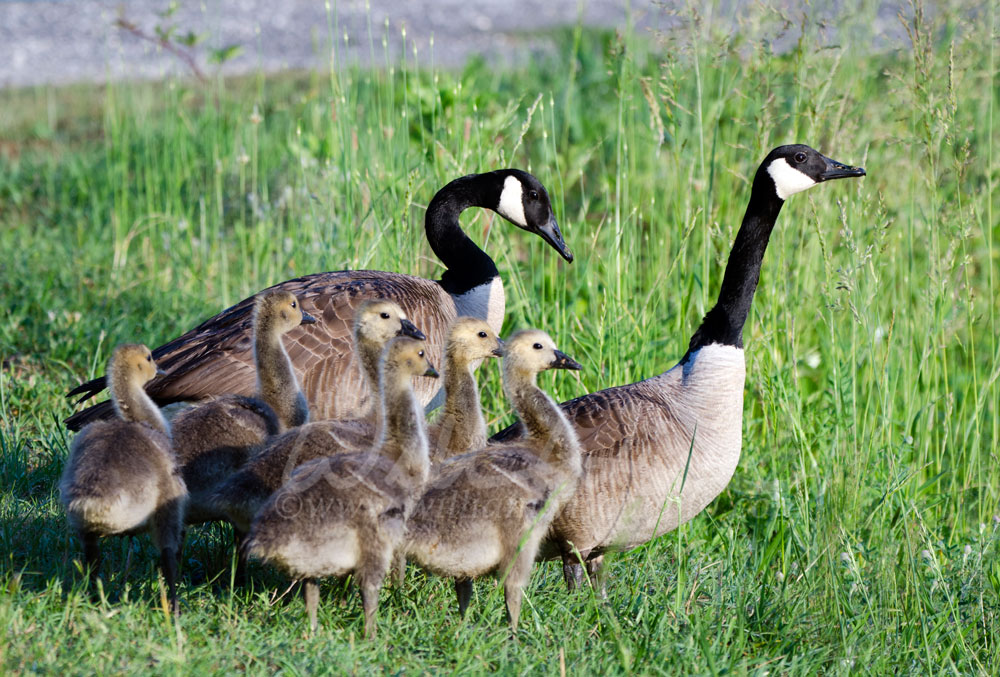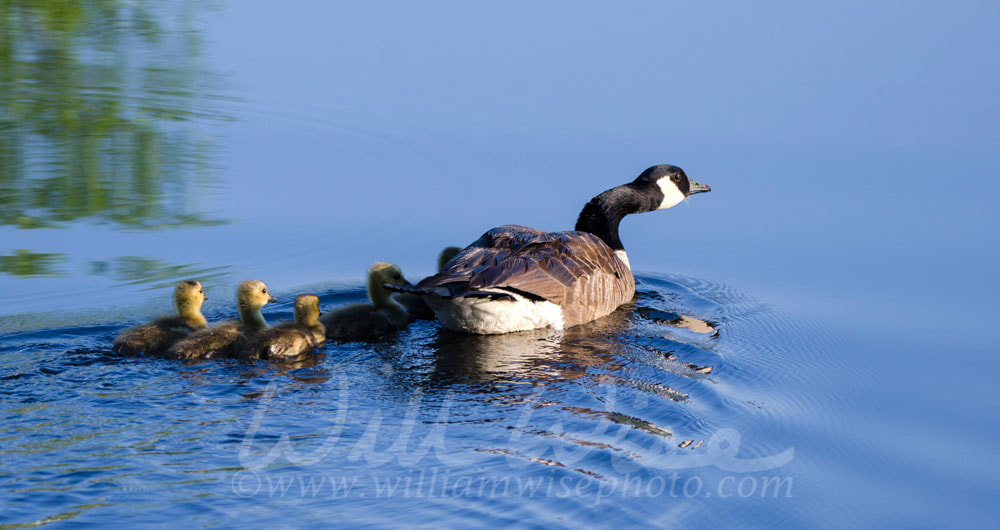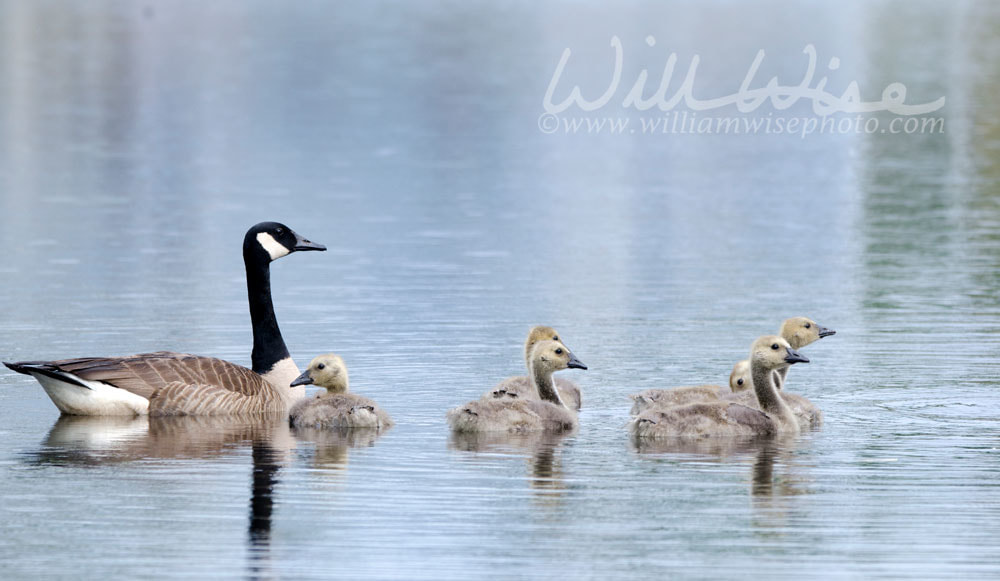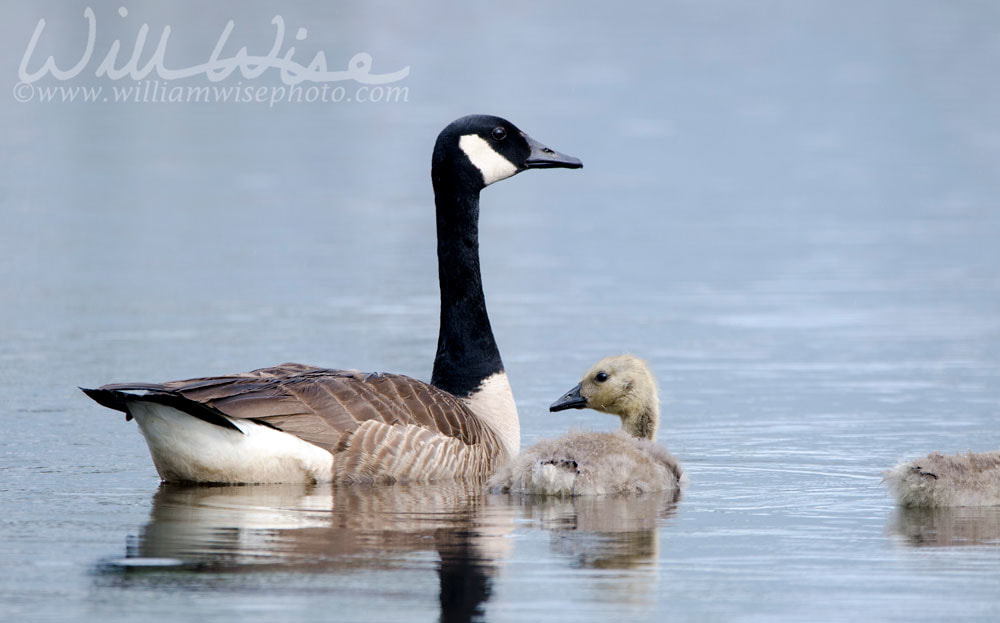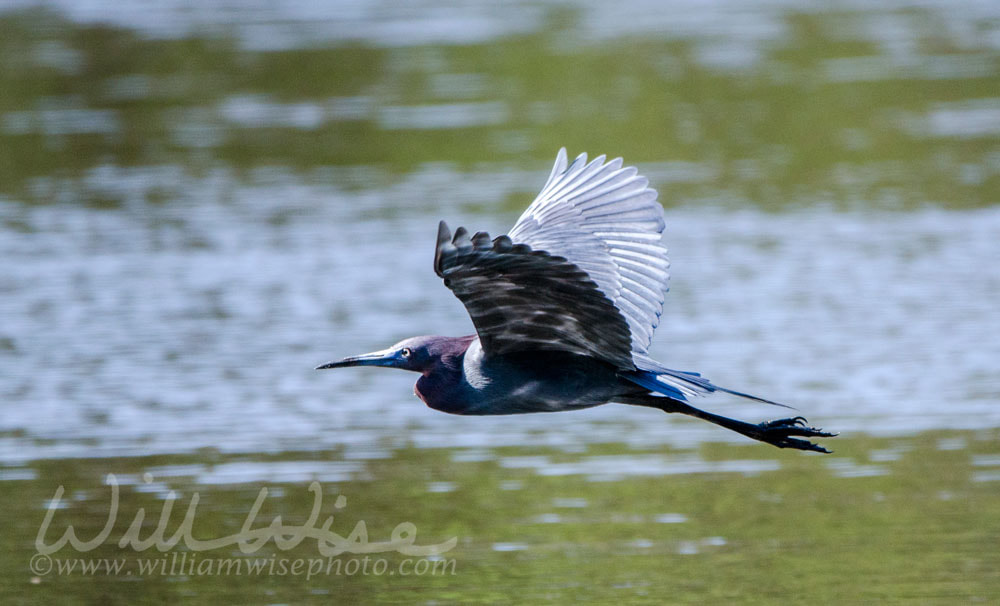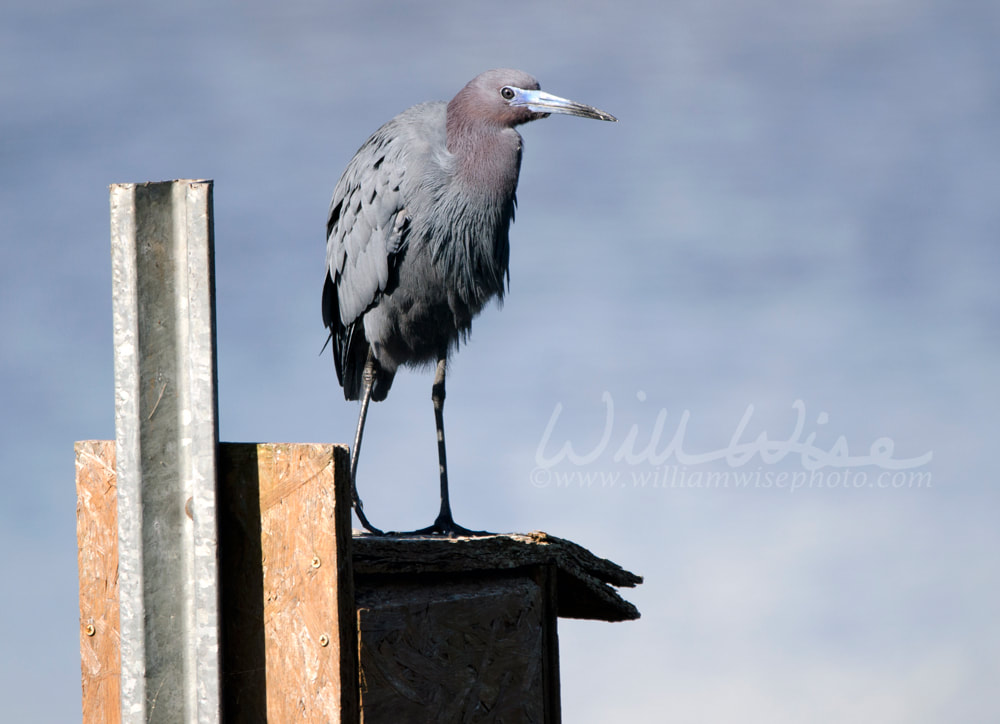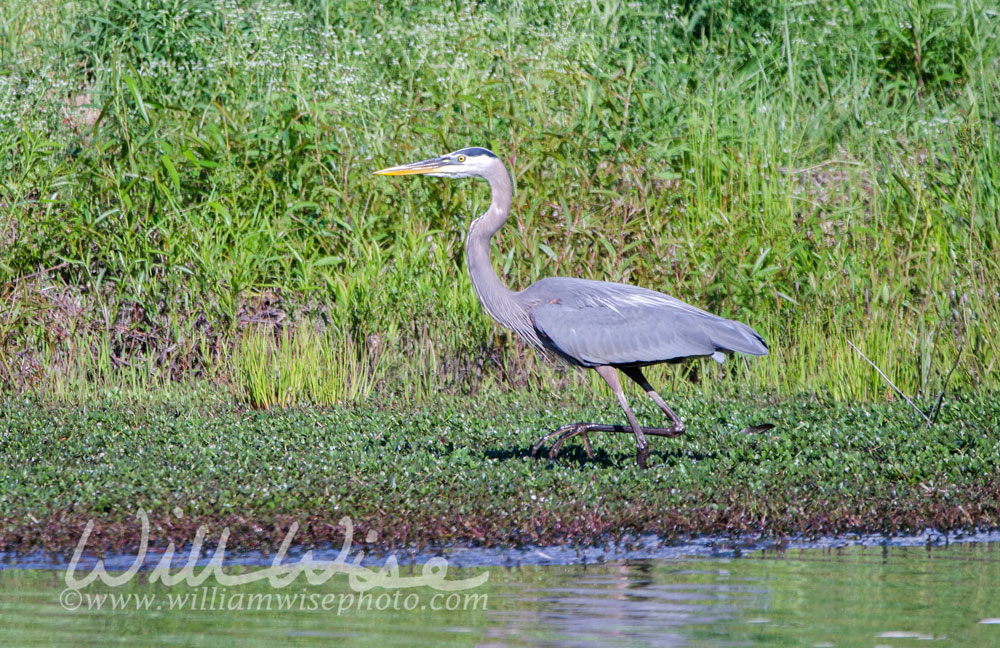 William Wise Photo Nature Notes is a wildlife, birding and nature photography blog documenting the beauty, design and wonder of God’s creation. -- "What a wildly wonderful world, God! You made it all, with Wisdom at Your side, made earth overflow with your wonderful creations." Psalms 104 The Message Monday, 4:29 PM- A nice, warm 75° with bright sun. Walking up to the ponds before leaving for the day. I pause to see a dead Catfish laying next to the pond. His skin has become tight and dry like an Egyptian mummy as it lay in the afternoon sun. Something draws my glance a few feet to the left. Perhaps it was some sort of imperceptible movement, but my eyes were directed to the tall grass from whence a 3 foot Black Ratsnake is emerging. Normally I’d reach down to grab it for a few photos. But instead of disturbing his afternoon crawl, I shot some photos there in the grass. Walton County, Georgia
0 Comments
Psalm 65:8 The whole earth is filled with awe at your wonders; where morning dawns, where evening fades, you call forth songs of joy. Monday, 7:53 AM - My recent birding zeal has brought me out every morning and evening to see what springtime birds are out there. My listing has gone beyond a total species list, and now I am enthusiastic to keep lists by county. It is getting harder and harder to keep up with, but I think a few this morning were Walton County firsts for me: Blue Grosbeak, Palm Warbler and a Red-eyed Vireo. In the afternoon I noticed the Canada Goose parents had moved their goslings from the main retention pond to the upper pond for a swim. Later that evening, when back at home in Clarke County, my birding continued. It was all the usual birds, but a glowing orange evening sunset illuminated a nice photo of my regular Downy Woodpecker. Sunny, high near 75°; low 50° 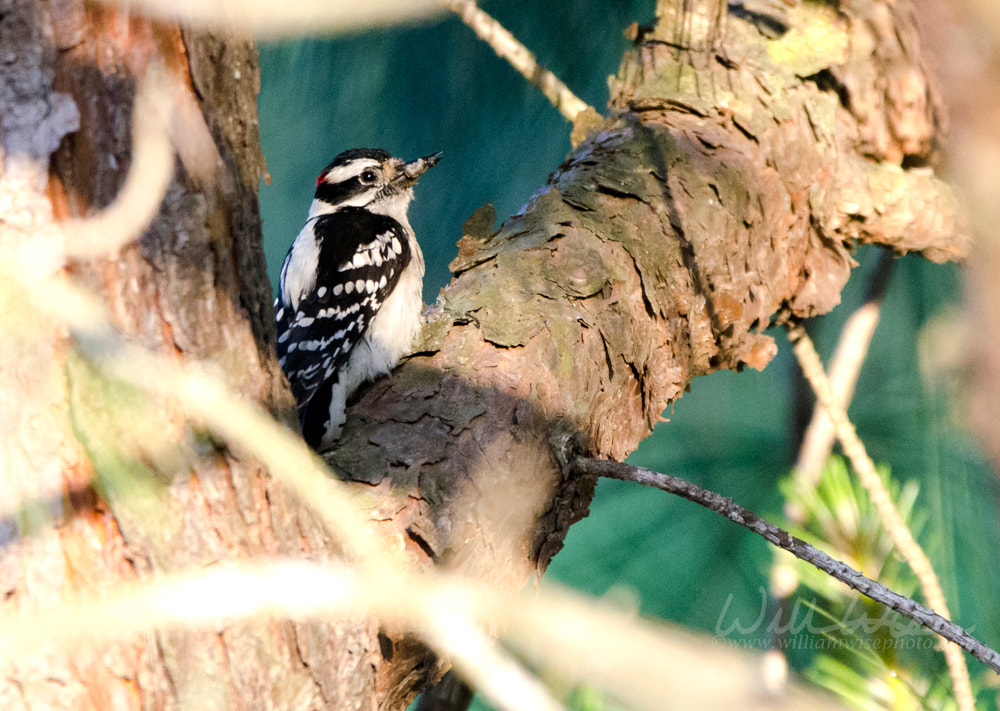 A small black, white and red Downy Woodpecker, Picoides pubescens, bird sitting in a pine tree. Photogaphed in Athens Georgia, USA. The active little Downy Woodpecker is a familiar sight at backyard feeders and in parks and woodlots, where it joins flocks of chickadees and nuthatches. Downies and their larger lookalike, the Hairy Woodpecker, are one of the first identification challenges that beginning bird watchers master. 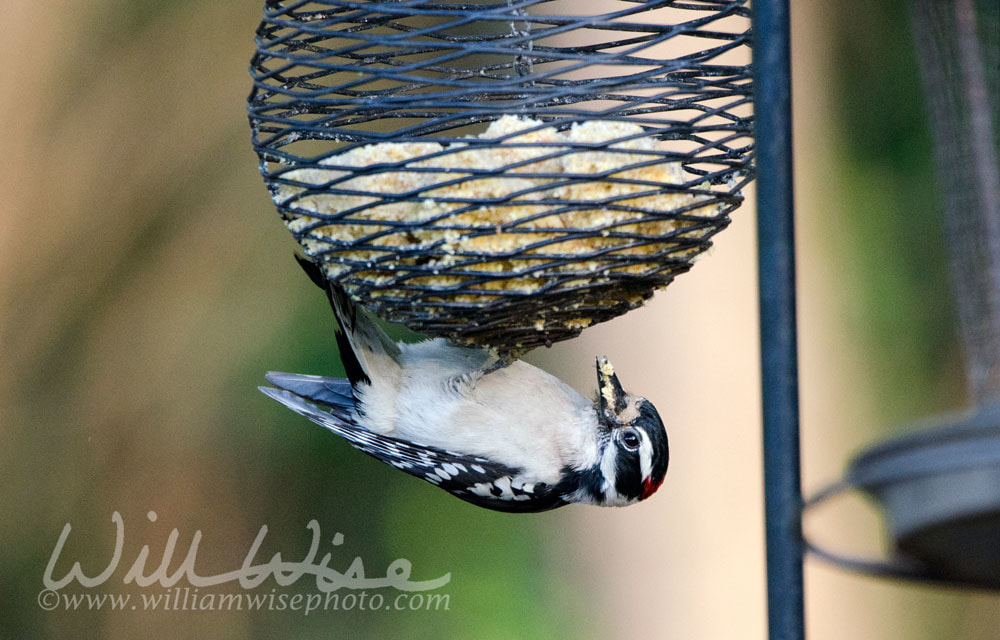 A small black, white and red Downy Woodpecker, Picoides pubescens, bird sitting in a pine tree. Photogaphed in Athens Georgia, USA. The active little Downy Woodpecker is a familiar sight at backyard feeders and in parks and woodlots, where it joins flocks of chickadees and nuthatches. Downies and their larger lookalike, the Hairy Woodpecker, are one of the first identification challenges that beginning bird watchers master.  William Wise Photo Nature Notes is a wildlife, birding and nature photography blog documenting the beauty, design and wonder of God’s creation. -- "What a wildly wonderful world, God! You made it all, with Wisdom at Your side, made earth overflow with your wonderful creations." Psalms 104 The Message Random reptile and birding photography in my backyard in Athens, Georgia.
 William Wise Photo Nature Notes is a wildlife, birding and nature photography blog documenting the beauty, design and wonder of God’s creation. -- "What a wildly wonderful world, God! You made it all, with Wisdom at Your side, made earth overflow with your wonderful creations." Psalms 104 The Message Great are the works of the LORD, studied by all who delight in them. Full of splendor and majesty is his work. Psalms 111 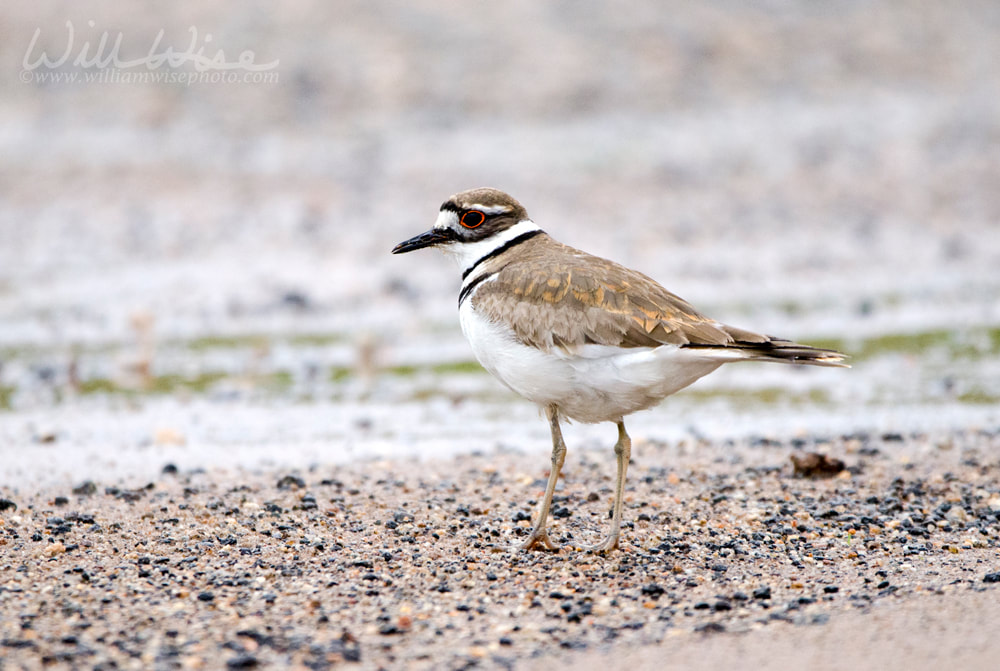 Killdeer bird, Charadrius vociferus, on sand and gravel. Photographed in May in Monroe, Walton County, Georgia, USA. The killdeer is a medium-sized plover. A shorebird you can see without going to the beach, Killdeer are graceful plovers common to lawns, golf courses, athletic fields, and parking lots Friday, 7:45 AM - Another pre-8 AM birding walk to the shelter pounds before starting the day. Very, very busy at work. Had some coordinating nightmares with the rescue from Alabama. But getting a lot of dogs out! This Killdeer shot was only possibly by getting low and shallow. Even though it may look like a shorebird on the beach, I’m actually not talking about shallow waters at low tide. I’m referring to camera angle and depth-of-field! Next to the animal shelter where I work is the Public Works compound. It’s a series of gravel and dirt drives, a few piles of fill dirt and stone, and a myriad of large construction and paving equipment. It isn’t the most flattering landscape. But there are two large retention ponds nearby that attract all sorts of birds and wildlife. The challenge is photographing these birds without the unsightly equipment in the background. That’s the beauty of adjusting your camera angle. A few feet to your right or left can eliminate an ugly background. Or getting as low to the ground as possible to move the bird to eye level can create some dramatic scenes. The use of long lenses (also known as zoom or telephoto lenses) can also help to create that shallow depth-of-field which blurs out the background and makes the subject stand out. The photo of the Killdeer looks as if he’s standing on a beach. But that is the magic of getting on my belly for the shot. The bird is actually on a dirt driveway not far from a large tractor! The Easter Bluebird is on an old pile of unused decorative stone. The shallow depth-of-field blurs out the ugly piles of fill dirt nearby. 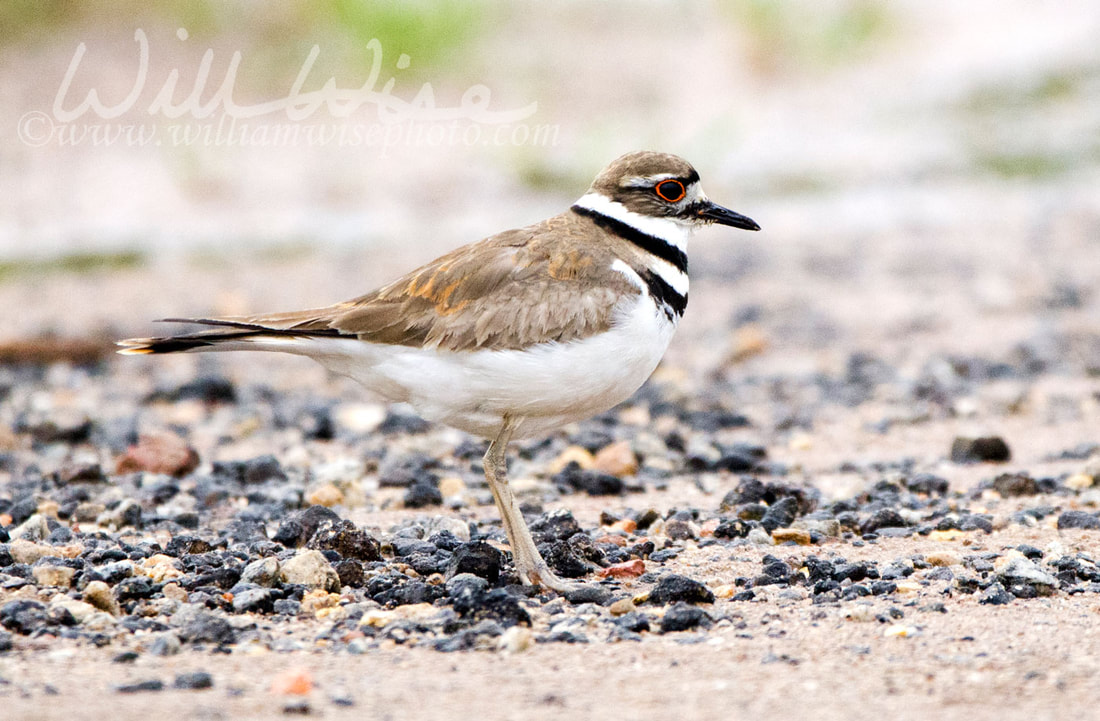 Killdeer bird, Charadrius vociferus, on sand and gravel. Photographed in May in Monroe, Walton County, Georgia, USA. The killdeer is a medium-sized plover. A shorebird you can see without going to the beach, Killdeer are graceful plovers common to lawns, golf courses, athletic fields, and parking lots Thursday, 7:49 AM - HAPPY BIRTHDAY JOHN JAMES AUDUBON! What better way to celebrate the legacy of the world’s most famous ornithologist than to go for an early morning ebird walk! Okay, I have to admit it: although I am becoming quite the bird nerd, I didn’t really realize that today was Audubon’s birthday until around mid-day when I glanced at the Audubon calendar haning next to my computer screen. But either way, when you stop to consider it, think how much of a debt is owed to Audubon by all birders, ornithologist, naturalists, environmentalists, and general outdoor enthusiasts. What a great day to honor the legacy of this premiere bird nerd. Walton County, Georgia 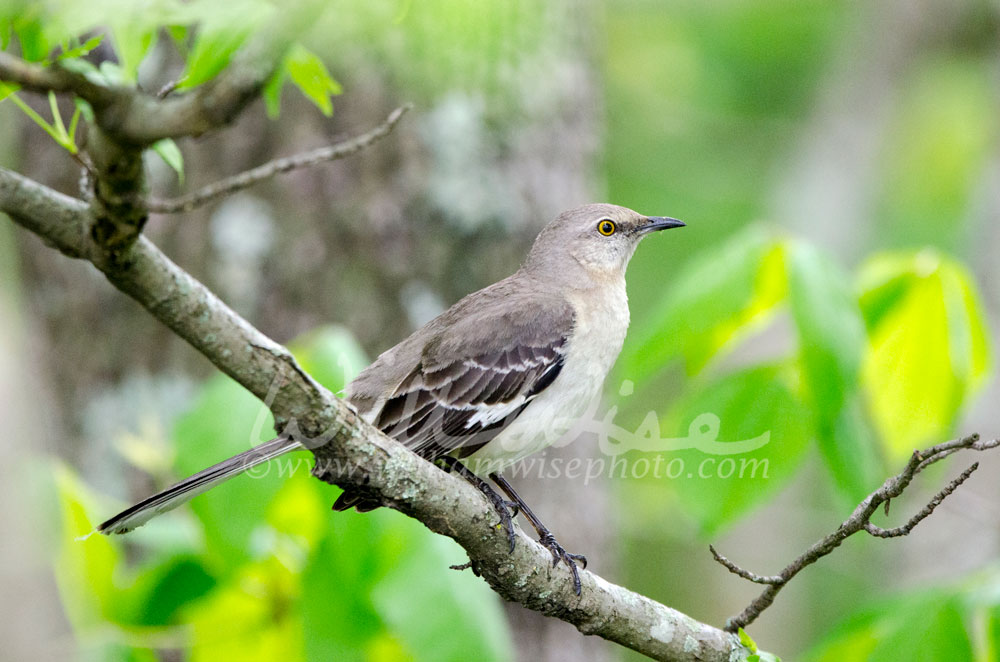 Northern Mockingbird bird, Mimus polyglottos, perched on a branch. Photographed in May in Monroe, Walton County, Georgia, USA. The northern mockingbird is the only mockingbird commonly found in North America. This bird is mainly a permanent resident, but northern birds may move south during harsh weather.  iNat link: William Wise Photo Nature Notes is a wildlife, birding and nature photography blog documenting the beauty, design and wonder of God’s creation. -- "What a wildly wonderful world, God! You made it all, with Wisdom at Your side, made earth overflow with your wonderful creations." Psalms 104 The Message 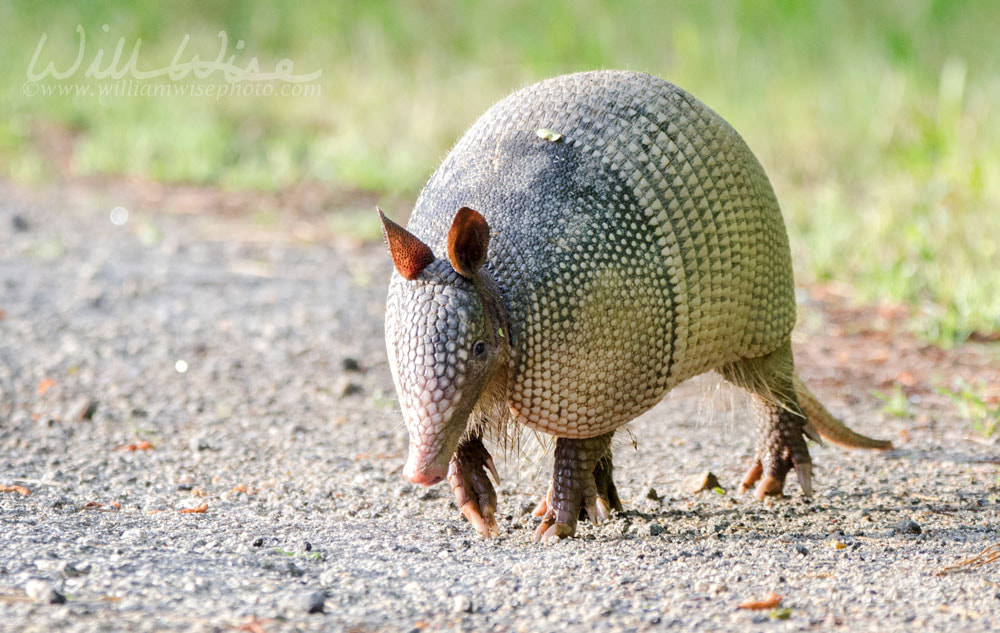 Nine banded armadillo photographed in spring in Monroe, Walton County, Georgia, USA. The nine-banded armadillo, or the nine-banded, long-nosed armadillo, is a medium-sized mammal found in North, Central, and South America, making it the most widespread of the armadillos. Now common in the southeast United States and Georgia. 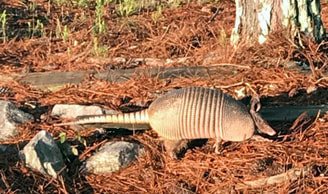 Wednesday, 7:50 AM - I had 10 minutes before I had to clock in, why not do a quick eBird list? I quickly ticked off the typical birds on our pond: Canada Geese and goslings, Mallards, Grackles, Cardinals, a Towhee, a Northern Mockingbird perched high and singing away, a Red-shouldered Hawk crying off in the distance, a Great Blue Heron flying overhead, etc. (see the list at https://ebird.org/view/checklist/S44923988). But as I rounded the corner by the Sheriff’s firing range, dang if I didn’t have my camera. An armadillo just moseying along. Having a class coming up, the kids would have been excited to see some close up photos. But all I had was my iPhone. Better than nothing! Well darn, I violated my own rule of always having my camera at the ready. That will teach me! But... 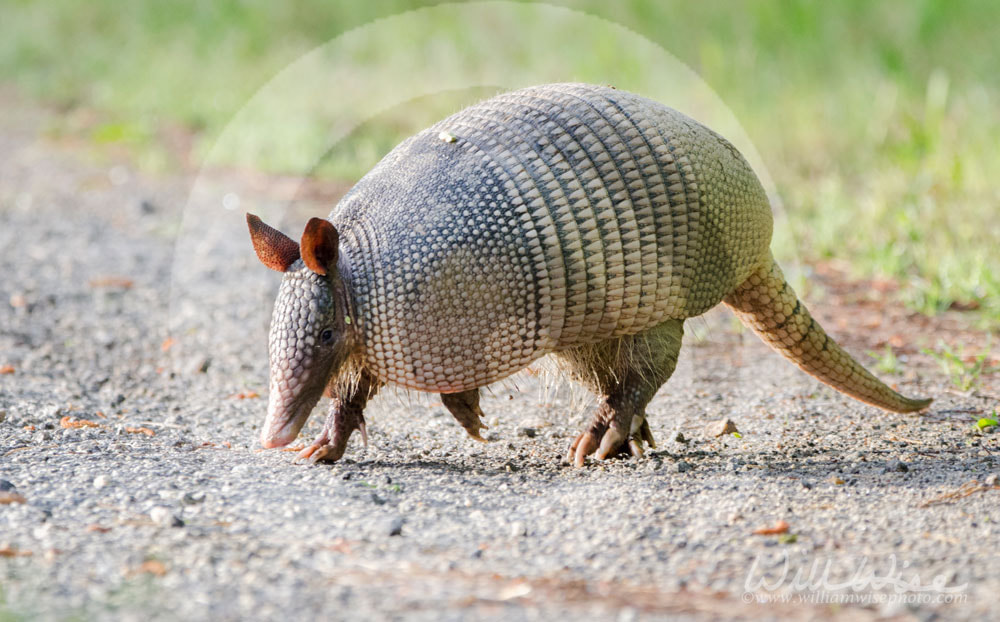 Nine banded armadillo photographed in spring in Monroe, Walton County, Georgia, USA. The nine-banded armadillo, or the nine-banded, long-nosed armadillo, is a medium-sized mammal found in North, Central, and South America, making it the most widespread of the armadillos. Now common in the southeast United States and Georgia. Thursday 7:55 AM - As is my habit of late, I found myself walking to the pond behind the animal shelter just before the start of a day’s work. And I’m also aware that that armadillos are creatures of habit as well! I found the same armadillo, in the same spot, at the same time. But this time my camera was ready. I froze in my steps as I first saw him emerging from the small ditch. I did not want to alarm him so I can get some good photographs. I sat waiting for him to reemerge. But when he did not appear, I realized he must have entered the culvert under the gravel driveway. I quickly trotted to the other end of the culvert and there he was; his little pig-like face sticking out of the other end. I tried to slowly bend down and quickly grab the little guy for an upcoming school presentation. But alas, armadillos are far too quick and their shells too hard to grab ahold of. Walton County, Georgia 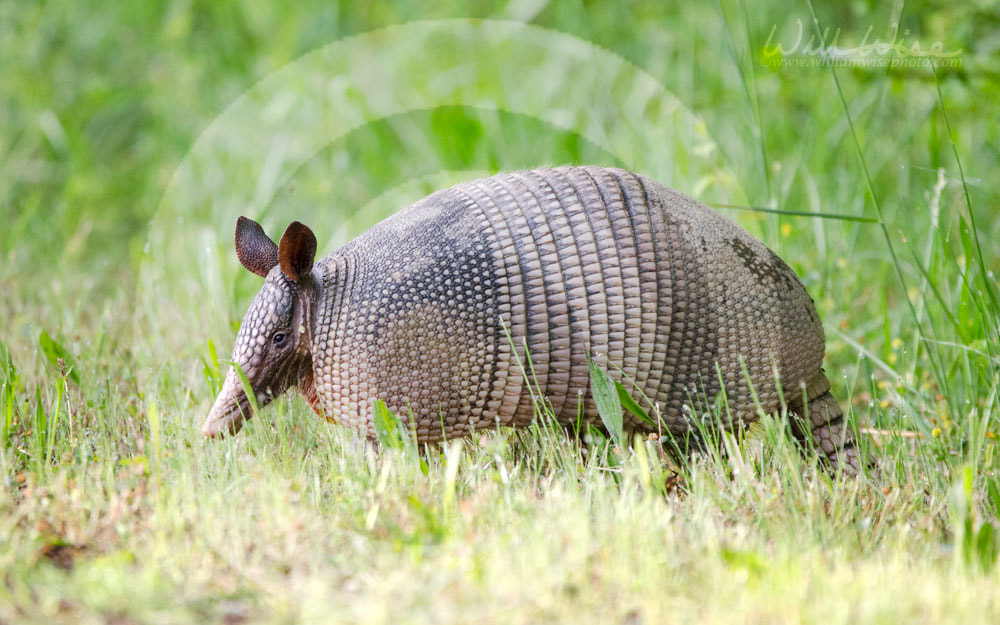 Nine banded armadillo photographed in spring in Monroe, Walton County, Georgia, USA. The nine-banded armadillo, or the nine-banded, long-nosed armadillo, is a medium-sized mammal found in North, Central, and South America, making it the most widespread of the armadillos. Now common in the southeast United States and Georgia. 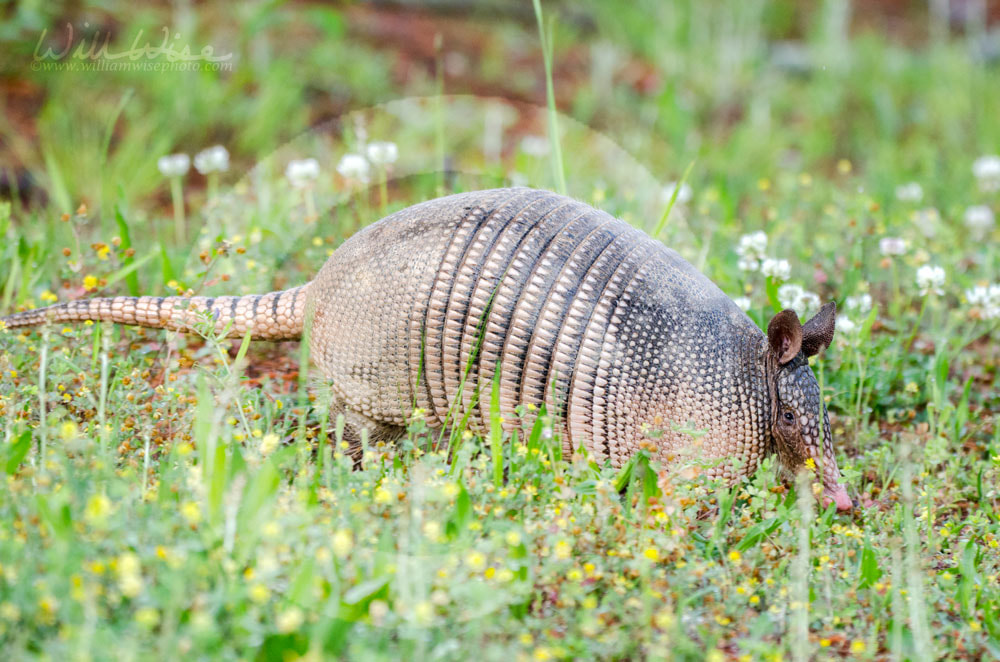 Nine banded armadillo photographed in spring in Monroe, Walton County, Georgia, USA. The nine-banded armadillo, or the nine-banded, long-nosed armadillo, is a medium-sized mammal found in North, Central, and South America, making it the most widespread of the armadillos. Now common in the southeast United States and Georgia.  William Wise Photo Nature Notes is a wildlife, birding and nature photography blog documenting the beauty, design and wonder of God’s creation. -- "What a wildly wonderful world, God! You made it all, with Wisdom at Your side, made earth overflow with your wonderful creations." Psalms 104 The Message Colossians 1:16 - For by him were all things created, that are in heaven, and that are in earth, visible and invisible, whether thrones, or dominions, or principalities, or powers: all things were created by him, and for him: 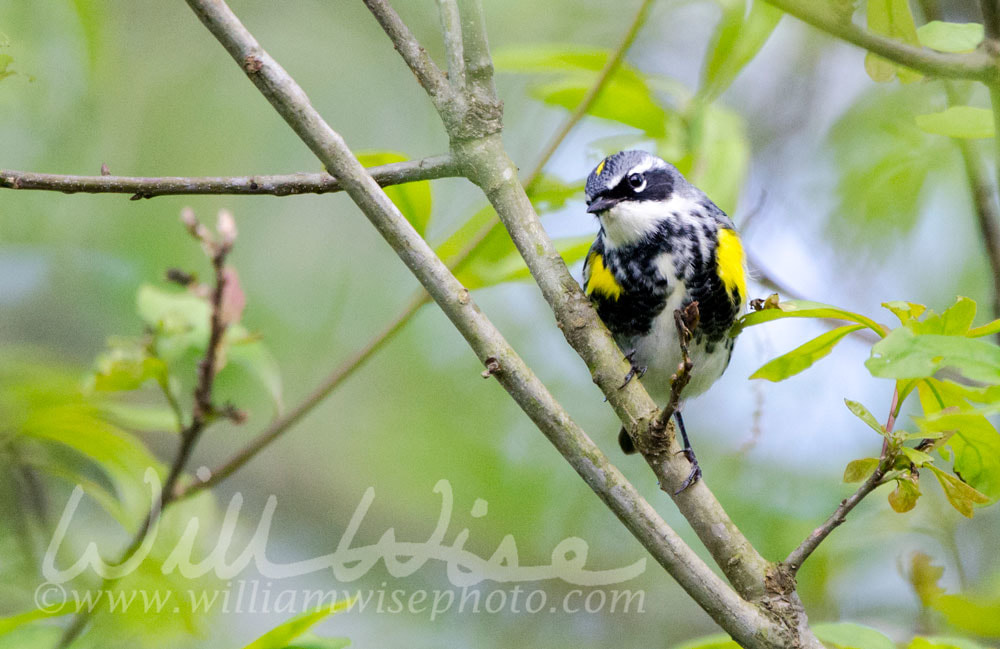 Male Yellow-rumped Warbler bird, Setophaga coronata, in bright breeding plumage. Perched in Water Oak tree. Photographed in spring in Athens, Clarke County, Georgia, USA. The yellow-rumped warbler Setophaga coronata is a North American bird species combining four closely related forms: the eastern myrtle warbler ssp coronata; its western counterpart, Audubon`s warbler ssp group auduboni; the northwest Mexican black-fronted warbler ssp nigrifrons; and the Guatemalan Goldman`s warbler ssp goldmani. Tuesday, 6:30 PM - The thistle-seed sock I hung by the fire pit is working! A pair of American Goldfinches are clung to it and feeding away. I try to sneak up for a closer shot. Although they look like bold and confident birds, they certainly do not allow me to approach and skittishly fly off. But while I was closer to the Woodline, I notice quite a bit of small bird activity. Birding takes patience. Perhaps that is why it never appealed to me in my younger years! But as I am able to stand still for just a few moments longer, I am able to train my lens upon two new sites. First was a brightly colored grey, white, yellow, and black masked looking bird. I thought perhaps I had a new species of warbler for me but soon realized it was a male Yellow-rumped Warbler in his full breeding regalia. I had only seen the more drab winter dressings before. The second sight was a less colorful passerine. I need the help of the Merlin ID app for this one. A new life bird for my photography life list: a Red-eyed Vireo! This birding thing is now become a full-blown passion. I love the excitement and thrill I get each time I’m able to check off a new species on this glorious scavenger hunt created by our Father in heaven. Athens, Clarke County, Georgia 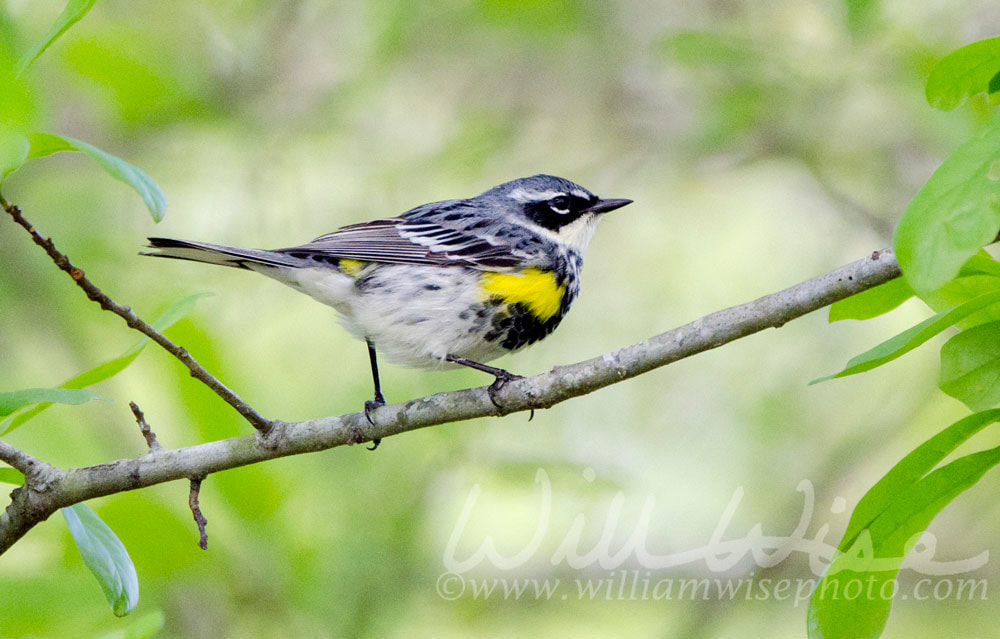 Male Yellow-rumped Warbler bird, Setophaga coronata, in bright breeding plumage. Perched in Water Oak tree. Photographed in spring in Athens, Clarke County, Georgia, USA. The yellow-rumped warbler Setophaga coronata is a North American bird species combining four closely related forms: the eastern myrtle warbler ssp coronata; its western counterpart, Audubon`s warbler ssp group auduboni; the northwest Mexican black-fronted warbler ssp nigrifrons; and the Guatemalan Goldman`s warbler ssp goldmani.  Creation Speaks is a Biblical teaching ministry that uses nature writing and photography to glorify our Creator and teach the truth of creation. “But ask the animals, and they will teach you, or the birds in the sky, and they will tell you; or speak to the earth, and it will teach you, or let the fish in the sea inform you. Which of all these does not know that the hand of the Lord has done this?" Job 12:7-9 Spring is all about new beginnings. Winter’s lifeless branches and twigs begin to burst forth with green verdure. A vast array of colors bloom in the petals of previously dormant seed and bulb. The golden warblers pass through on their biannual migrations. And new life bursts forth from the white eggs of duck and goose. It is no wonder why we celebrate the new life Easter during this springtime celebration!
And on this fine spring morning the eggs of the two Canada Geese have hatched! The proud parents now cruise the pond with six yellow fluff-ball babies swimming close by. Such cute little chicks! I could fill memory card after memory card with their images. I will enjoy watching their progress as they grow over the next few weeks. Psalm 12:5 “Because the poor are plundered and the needy groan, I will now arise,” says the Lord. “I will protect them from those who malign them.” 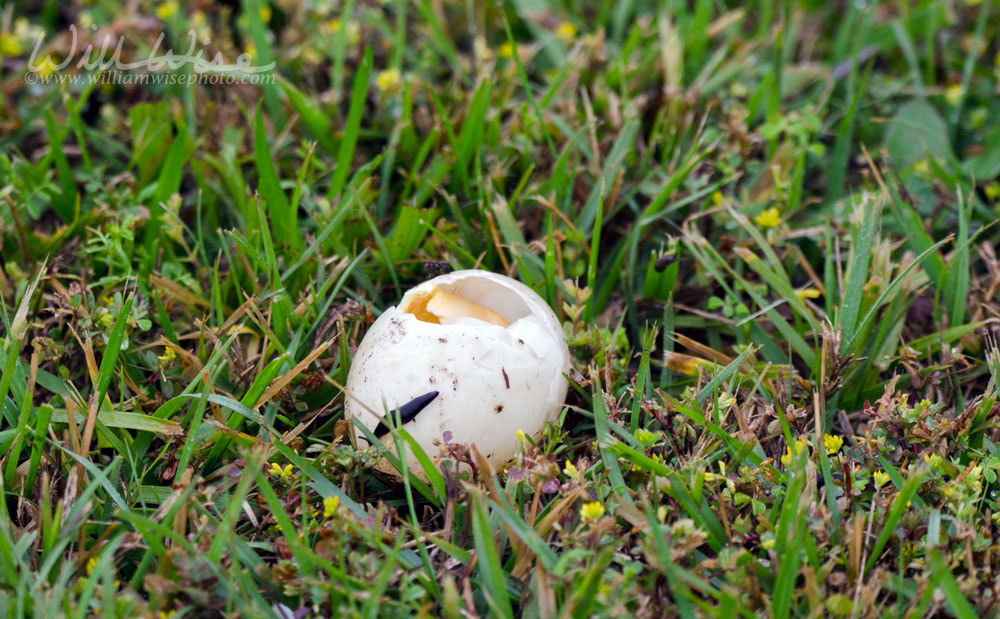 The nest of a resident Mallard duck was plundered by a raccoon, eating the eggs. Walton County, GA, USA. Mallards nest on the ground on dry land that is close to water; nests are generally concealed under overhanging grass or other vegetation. More than 50 percent of mallard ducks will not survive their first year, falling prey to predators such as American crows, mink, foxes, coyotes, raccoons, skunks, and snapping turtles. Monday, 11:25 AM - A gloomy, rainy day. But even more so for the resident Mallard ducks than for me. Overnight, something had plundered their nest and eaten all of their eggs. With so many possible predators out there - such as raccoons, coyotes, foxes – they are virtually ‘sitting ducks’. Walton County, Georgia 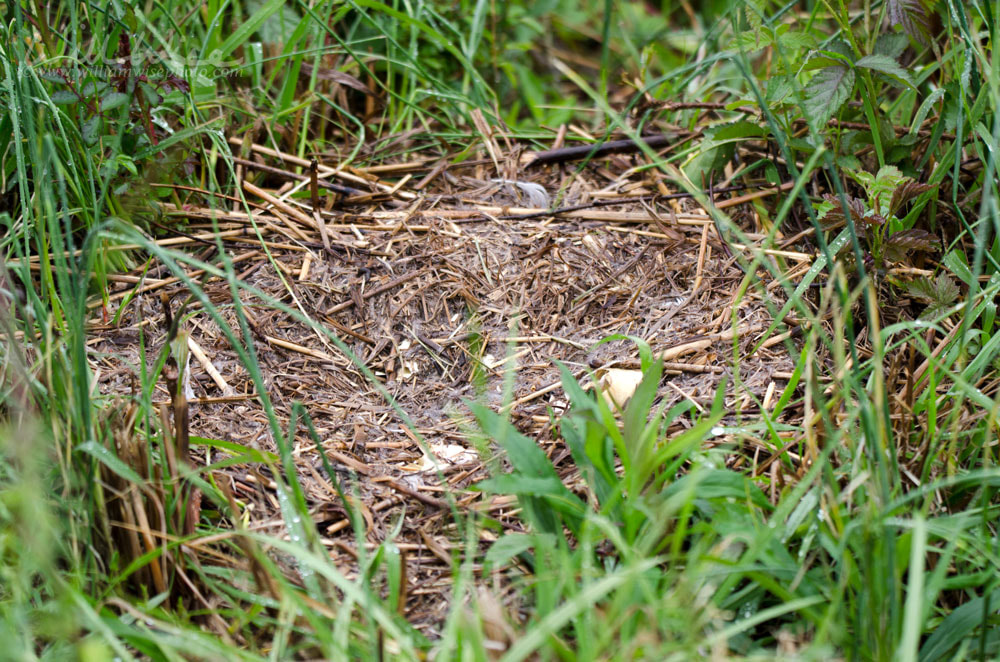 The nest of a resident Mallard duck was plundered by a raccoon, eating the eggs. Walton County, GA, USA. Mallards nest on the ground on dry land that is close to water; nests are generally concealed under overhanging grass or other vegetation. More than 50 percent of mallard ducks will not survive their first year, falling prey to predators such as American crows, mink, foxes, coyotes, raccoons, skunks, and snapping turtles. 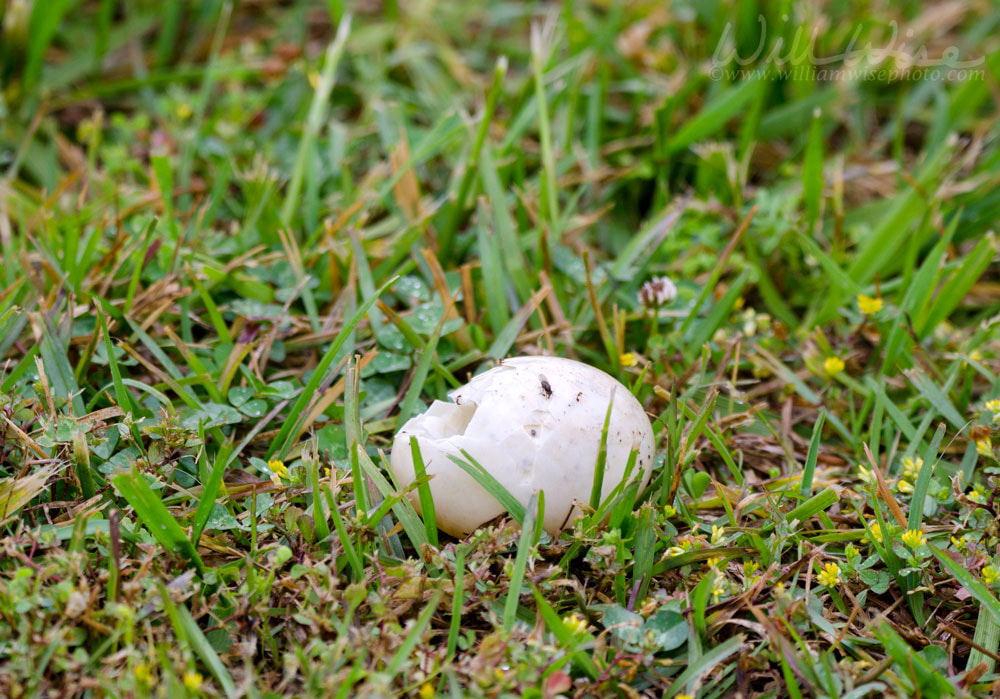 The nest of a resident Mallard duck was plundered by a raccoon, eating the eggs. Walton County, GA, USA. Mallards nest on the ground on dry land that is close to water; nests are generally concealed under overhanging grass or other vegetation. More than 50 percent of mallard ducks will not survive their first year, falling prey to predators such as American crows, mink, foxes, coyotes, raccoons, skunks, and snapping turtles. Leviticus 26:4 Then I will give you rain in due season, and the land shall yield her increase, and the trees of the field shall yield their fruit. Monday, 2:44 PM – Rain, rain, rain! I’m thankful for the rain in that it tends to keep the intake of animals lower in the shelter. And lower intake gives me time to get caught up on things… even to take a short break every once in a while! Between downpours I took short ventures up to the ponds to see if the Little Blue Heron that visited the other day was back. No luck, but I did come across some “new” birds… new for me at least. Out looking for the heron, I added two “life bird” photos today: an Eastern Kingbird and a House Finch. Although I may have seen a bird before, I don’t like to add it to my life list until I’ve photographed it. I’ve seen Kingbirds posted on telephone wires on my drive to and from work; and who hasn’t seen a House Finch in a grocery store parking lot or garden center! But this was my first photograph of each. As I continued short walks between outbursts of rain, I managed quite an ebird list for the day. And on my drive home, I actually saw the end of a rainbow! A low arching rainbow stretched across the sky and I could see where it came down to the ground along New High Shoals Road. Too bad there was no pot of gold. Walton County, Georgia 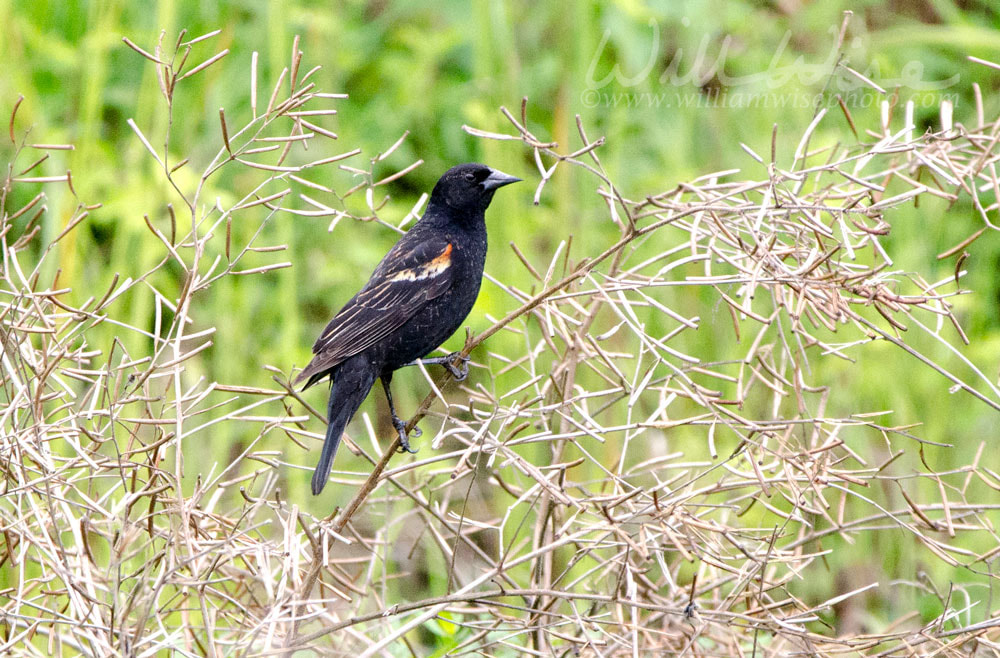 Red-winged Blackbird, Agelaius phoeniceus, bird in Monroe, Walton County, GA. One of the most abundant birds across North America, and one of the most boldly colored, the Red-winged Blackbird is a familiar sight atop cattails, along soggy roadsides, and on telephone wires. Glossy-black males have scarlet-and-yellow shoulder patches they can puff up. Revelation 4:11 - Thou art worthy, O Lord, to receive glory and honour and power: for thou hast created all things, and for thy pleasure they are and were created. Sunday - Sitting on the back patio at 7:30 AM under a gray sky, 52°. There’s a slight cool breeze in the air. It is become quite obvious that my neighbors with all of the cats have moved away. For the squirrel population in my backyard is back on the rise. I enjoy the squirrels and their antics; hanging in all sorts of positions from the feeder pole. This morning, one young squirrel was putting on a short comedy act under the swing set. I suppose he was giving himself a dust bath as he twisted, turned, somersaulted and rolled in the mulch. However, there are times I really don’t like those rodents! Since my source of free seed has dried up of late, I’ve actually gone out and bought several bags. It is frustrating to see a full feeder of expensive seed emptied by squirrels in just 20 minutes. Athens, Clarke County, Georgia What a wildly wonderful world, God! You made it all, with Wisdom at your side, made earth overflow with your wonderful creations. Psalms 104 The Message Saturday morning, 7:39 AM. Seems a little chilly for such a bright, glowing sunrise. The Palm Warbler makes another return not too far from the hummingbird feeder. I managed to get a little bit better photograph than my last. A flash of the red stops in the pine tree in the left corner of the backyard and then lifts off to the Persimmon tree. It was only a quick glance, but I don’t think that was a cardinal! It is confirmed as he is followed by a flash of yellow: a pair of Summer Tanagers! About an hour later, the male Summer Tanager shows up again as sit journaling. This red beauty landed just 15 feet away from me on the small metal fire pit by the turtle pond. As I tried to slowly go from my camera he lifted off and went to the persimmon tree where I got some photographs. Athens, Clarke County, Georgia Luke 12:3 Therefore whatsoever ye have spoken in darkness shall be heard in the light; and that which ye have spoken in the ear in closets shall be proclaimed upon the housetops. Friday, 5:46 PM-a cranberry-dipped House Finch sings us a dinnertime song from the corner of the rooftop while we enjoy our back patio. Sunny, high near 69°. Wind gusts up to 15 MPH. Low 45° Genesis 1:22 And God blessed them, saying, Be fruitful, and multiply, and fill the waters in the seas, and let fowl multiply in the earth. Friday, April 20, 1:32 PM – Wonderful morning! The eggs of the two Canada Geese have hatched! The proud parents now cruise the pond with six yellow fluff-ball babies swimming close by. Such cute little chicks! I will enjoy watching their progress as they grow over the next few weeks. Thursday, May 10, 2018 - It’s a beautiful sunrise on a beautiful day. There’s not a single cloud in the blue sky. A second pair of Canada Geese with goslings is on the upper pond this morning. Two adults with five goslings, probably half the size of the family I’ve been watching for the last few weeks. They were startled at my presence and ran quickly down into the pond. The driveway behind the shelter is absolutely littered with goose droppings.
Proverbs 20:15 Gold there is, and rubies in abundance, but lips that speak knowledge are a rare jewel. 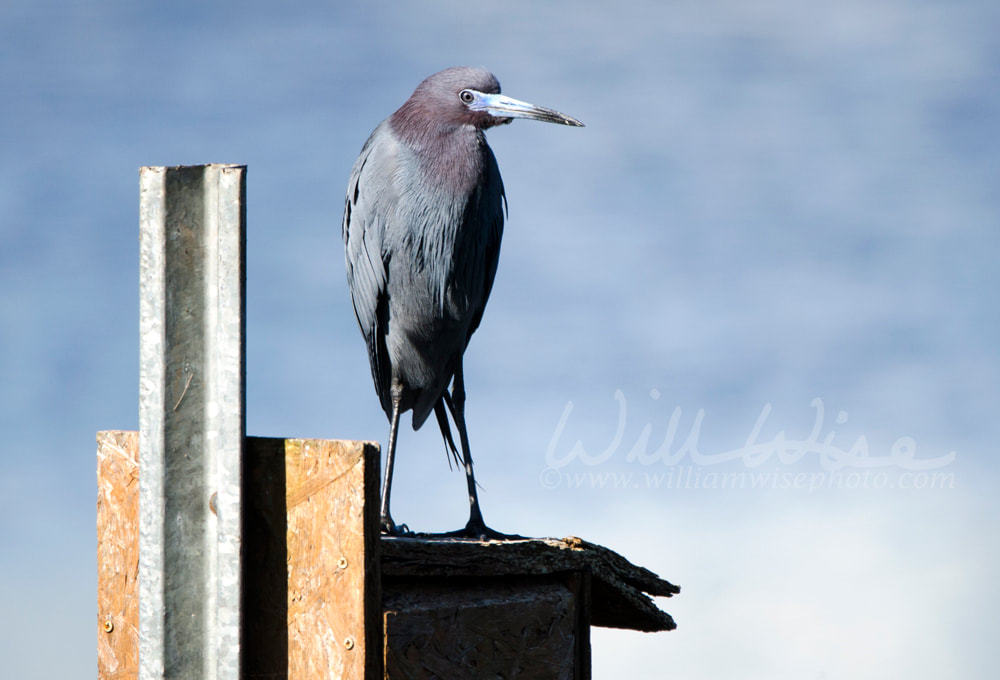 Little Blue Heron, Egretta caerulea, perched on wooden duck breeding box over blue water pond in Monroe, GA USA. A small, dark heron arrayed in moody blues and purples, the Little Blue Heron is a common but inconspicuous resident of marshes and estuaries in the Southeast. They stalk shallow waters for small fish and amphibians, adopting a quiet, methodical approach that can make these gorgeous herons surprisingly easy to overlook at first glance. Little Blue Herons build stick nests in trees alongside other colonial waterbirds. Friday, 9:42 AM - What is “rare”? An online dictionary says that something rare is “not found in large numbers and consequently of interest or value.” It was a thing of excitement for me (in a bird nerd sort of way) to enter into the “rare bird” realm today! As soon as I saw the purplish-blue, small sized heron standing on top of one of the duck boxes over the retention pond behind the animal shelter, I knew I had never seen a Little Blue Heron here before. But does that make it “rare”? While paddling the Okefenokee the last two summers, I saw dozens and dozens of Little Blue Herons; up in the trees, walking on the lily pads, standing next to gators; even the white juveniles were in abundance. Certainly not rare in the Okefenokee! And there was no shortage of Little Blues on Hilton Head Island and other coastal areas as well. But apparently here in Walton County, spotting a Little Blue Heron is a rare thing! I had to check the “rare” box on the ebird app and provide supporting text and photo documentation. Even after submitting all that, it was still several weeks before a local reviewer could confirm my sighting. Twenty-five years ago when all I cared about was snakes, I could never figure out those weird birder people. But now, I’m fully addicted just like them! You know you’re hooked when you want to tell all your friends about the “rare” Little Blue Heron you spotted that day… and they in turn look at you with that same blank stare I gave the birders in my twenties! Walton County, Georgia, USA 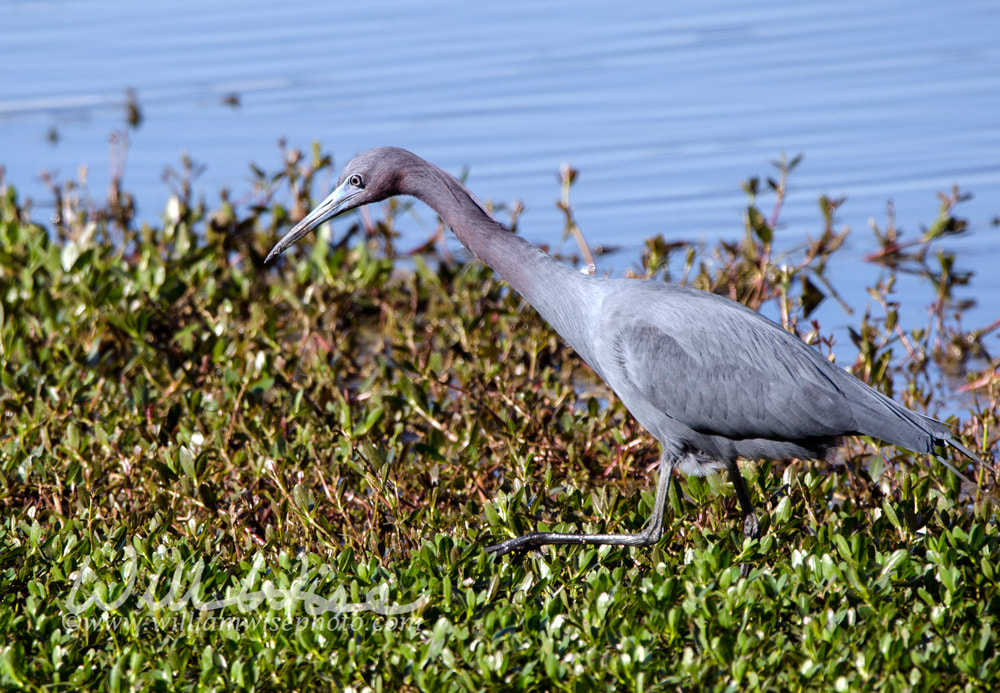 Little Blue Heron, Egretta caerulea, fishing on shore over blue water pond in Monroe, GA USA. A small, dark heron arrayed in moody blues and purples, the Little Blue Heron is a common but inconspicuous resident of marshes and estuaries in the Southeast. They stalk shallow waters for small fish and amphibians, adopting a quiet, methodical approach that can make these gorgeous herons surprisingly easy to overlook at first glance. Little Blue Herons build stick nests in trees alongside other colonial waterbirds. |
Categories
All
Archives
September 2025
|
|
All content is ©williamwisephoto.com. Please don't steal images. My images are available at dreamstime.com. Stock sales go into the shelter photography program.
|
In December 1993 I came to know the Designer and Creator of this wonderful planet and its creatures: Jesus Christ.
|
Donations help support the animal shelter adoption photography equipment and adoption website hosting and domain fees. Thanks for your support!
|
